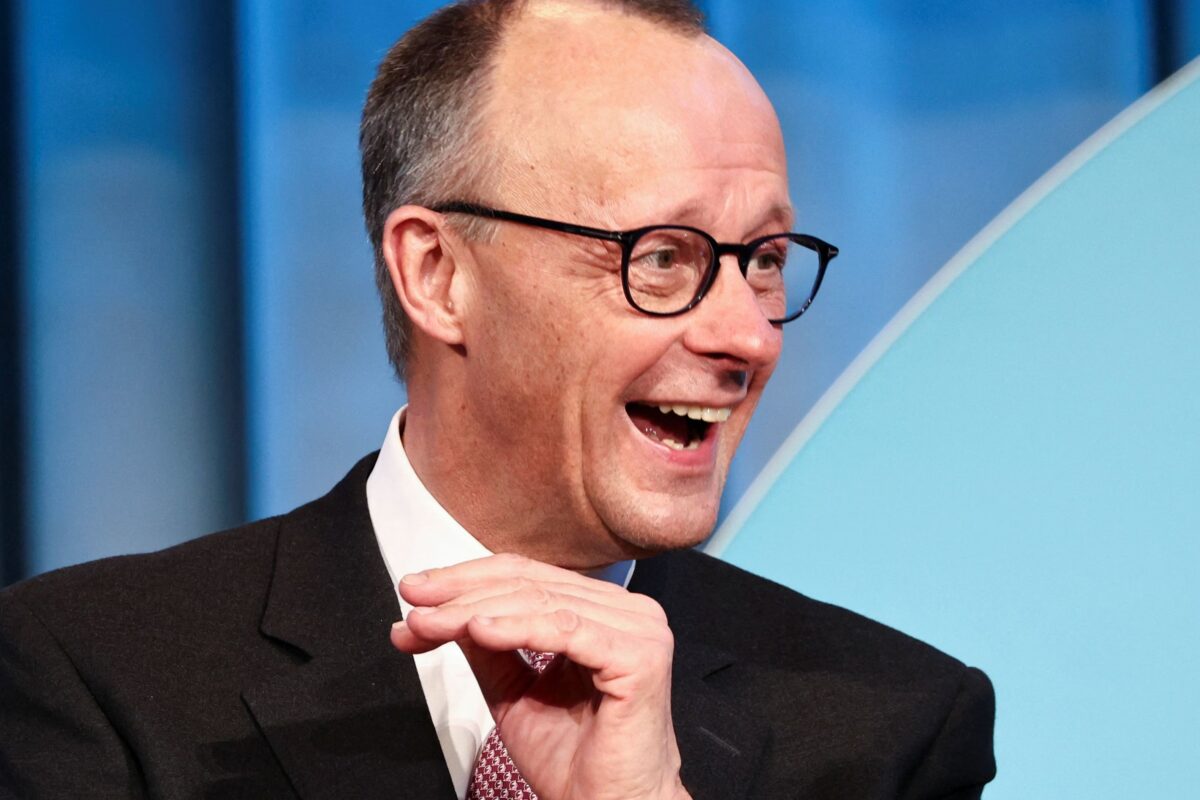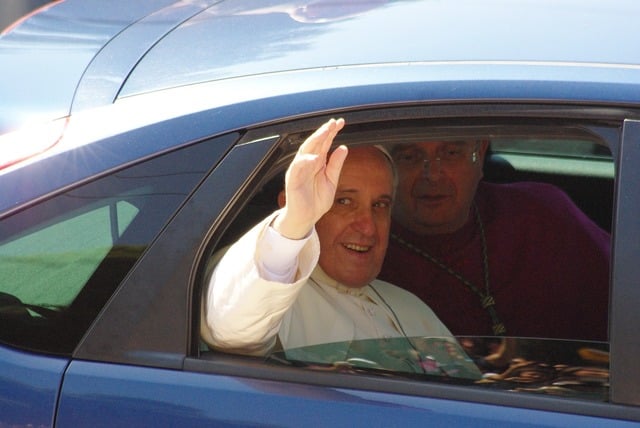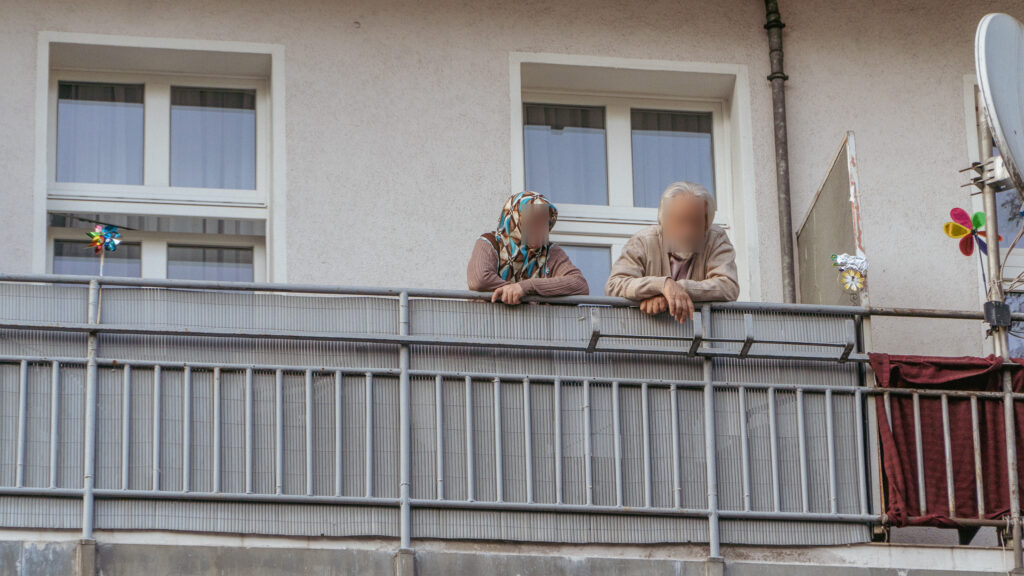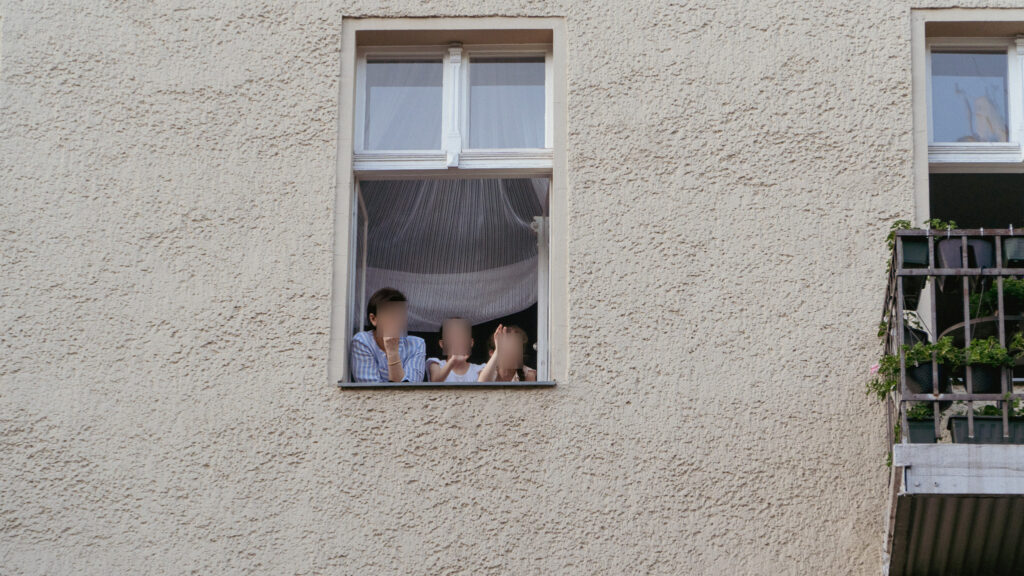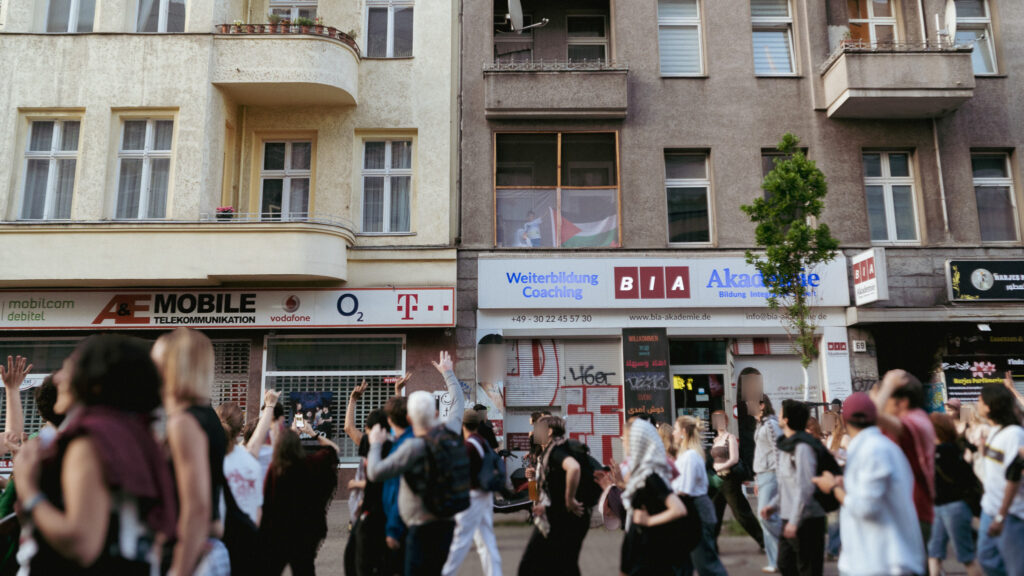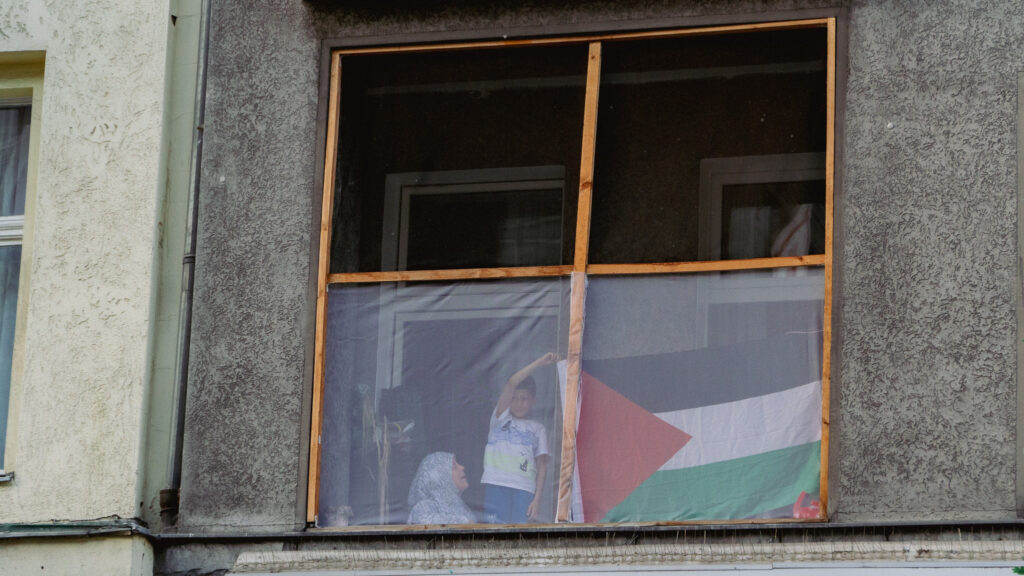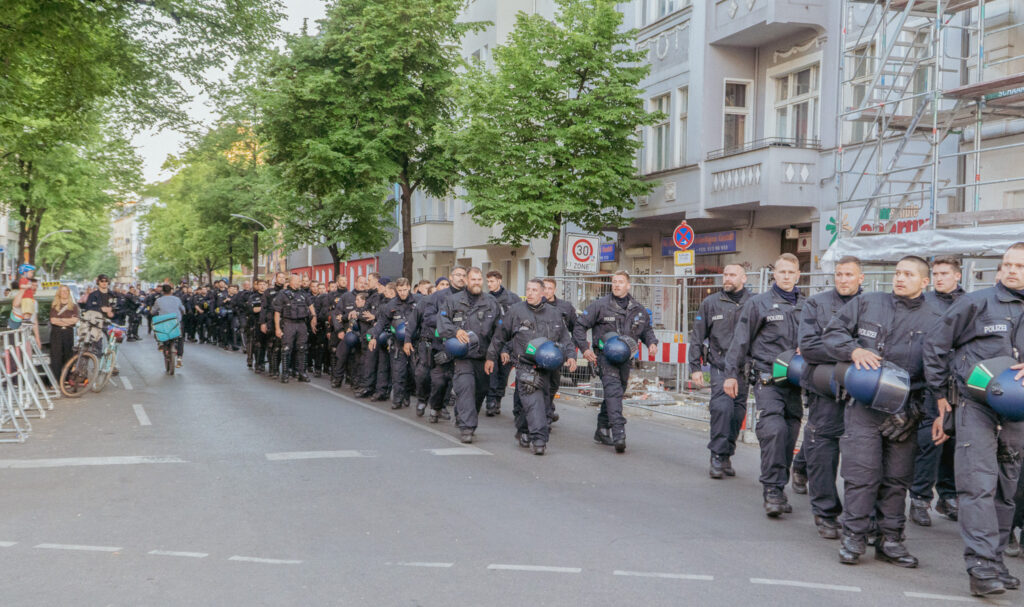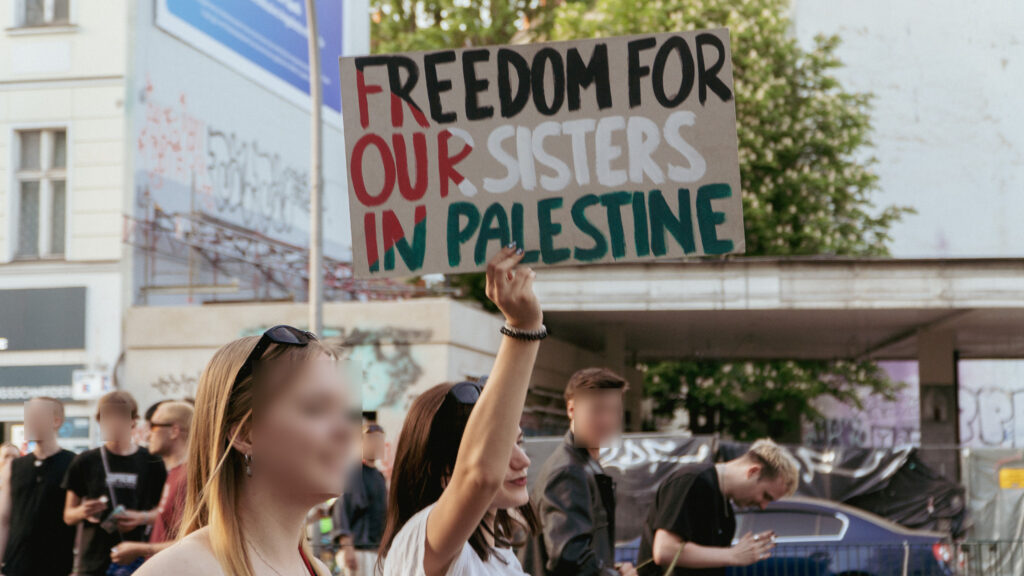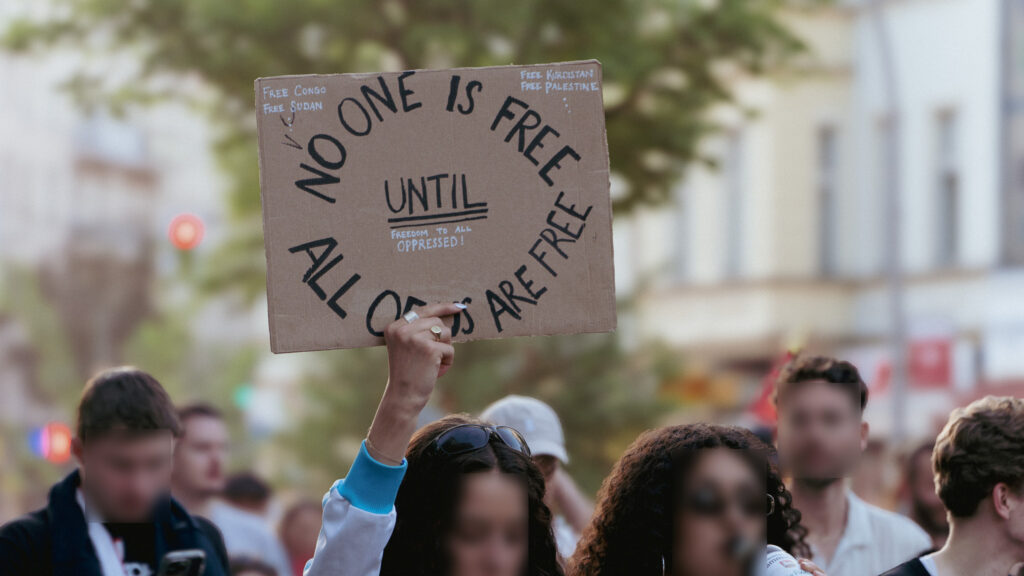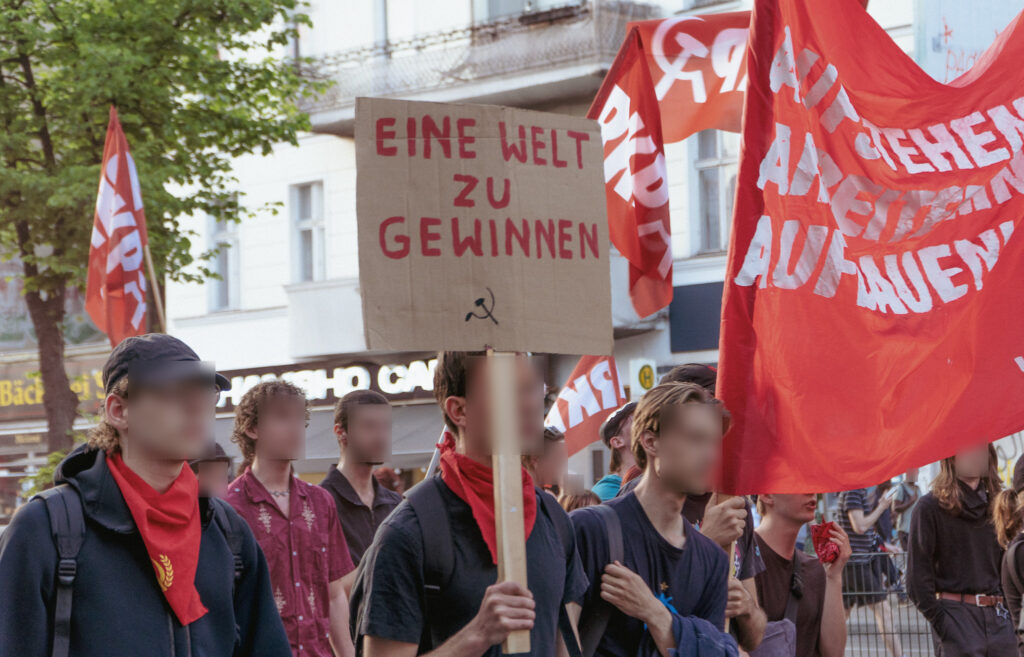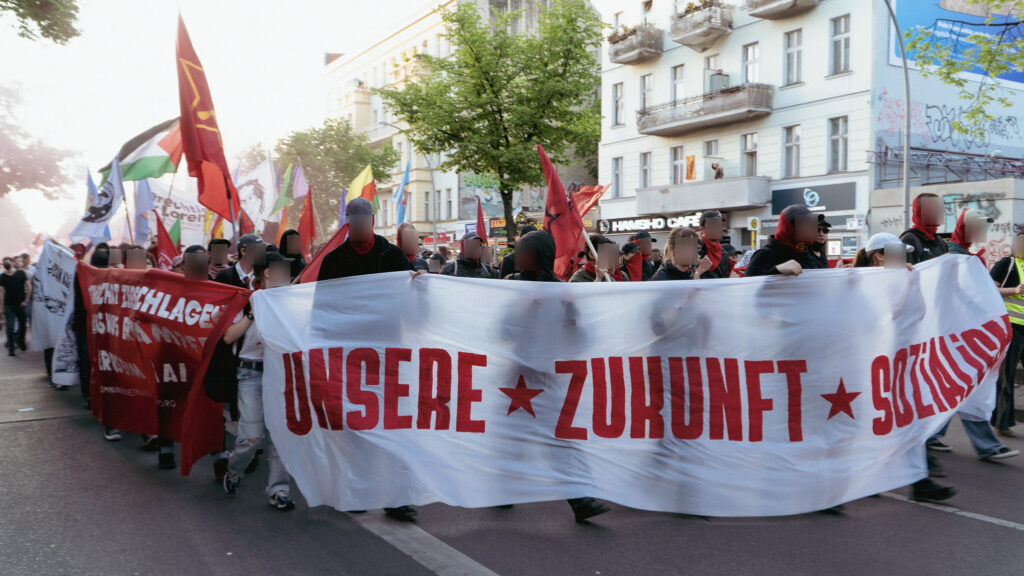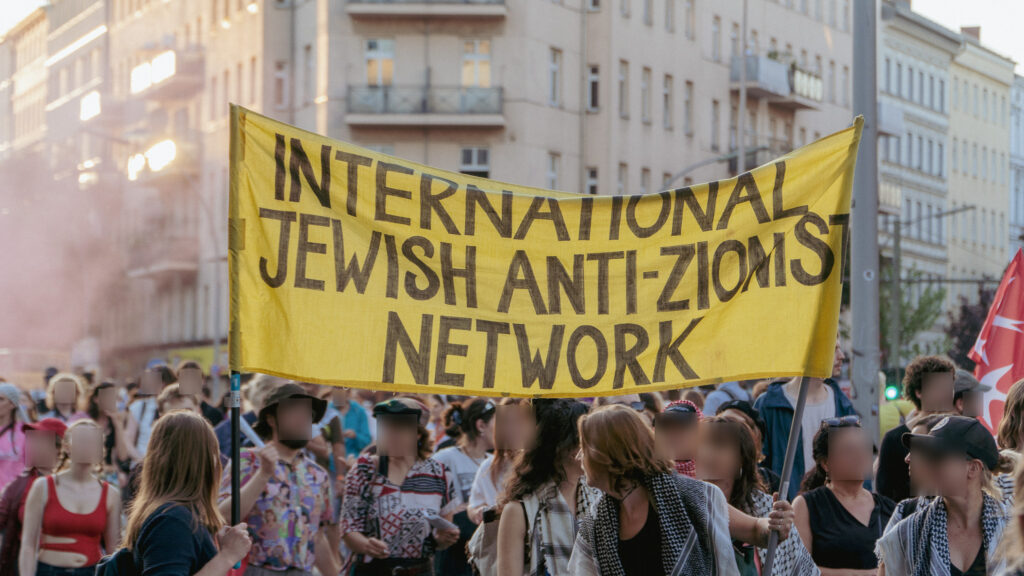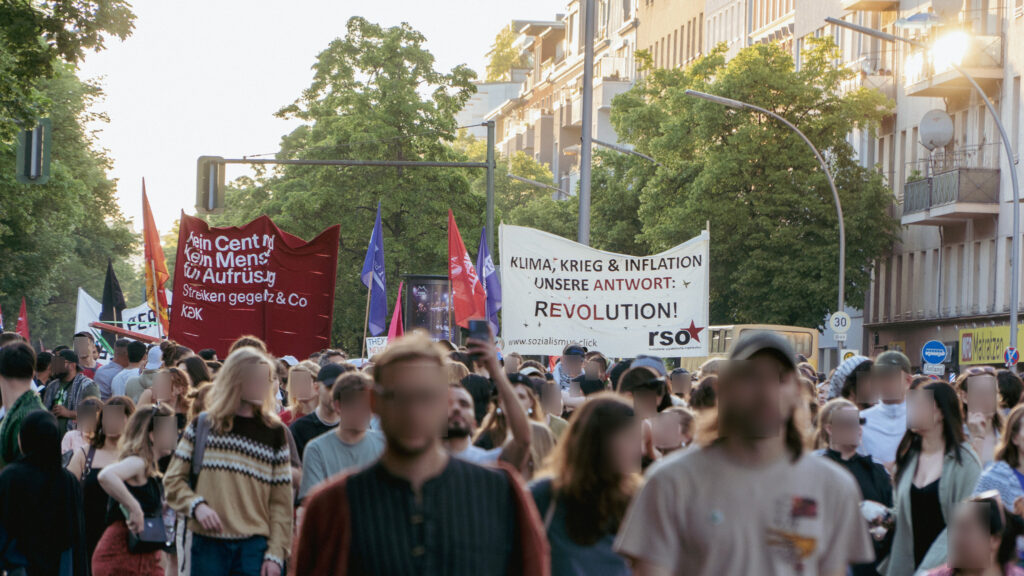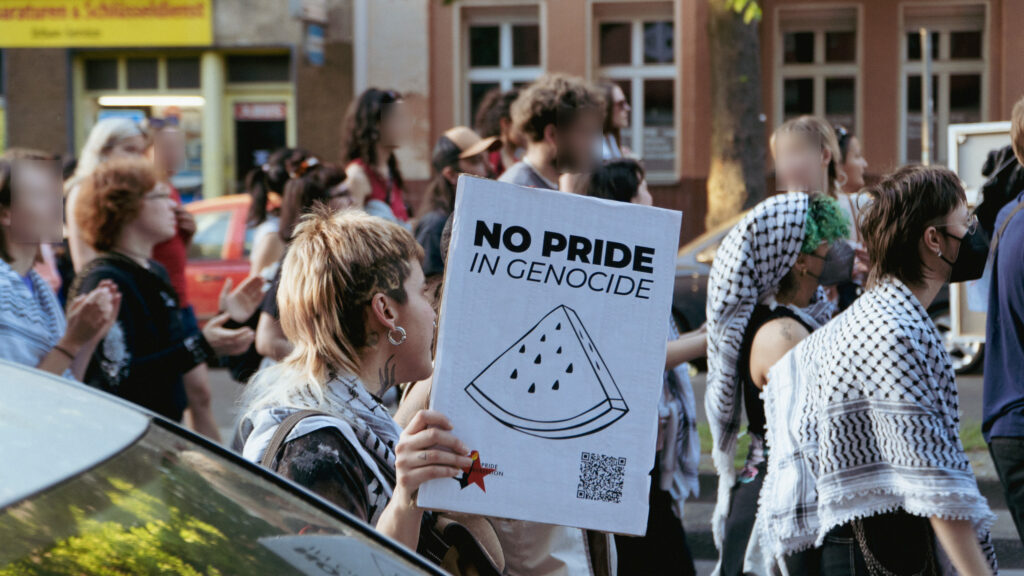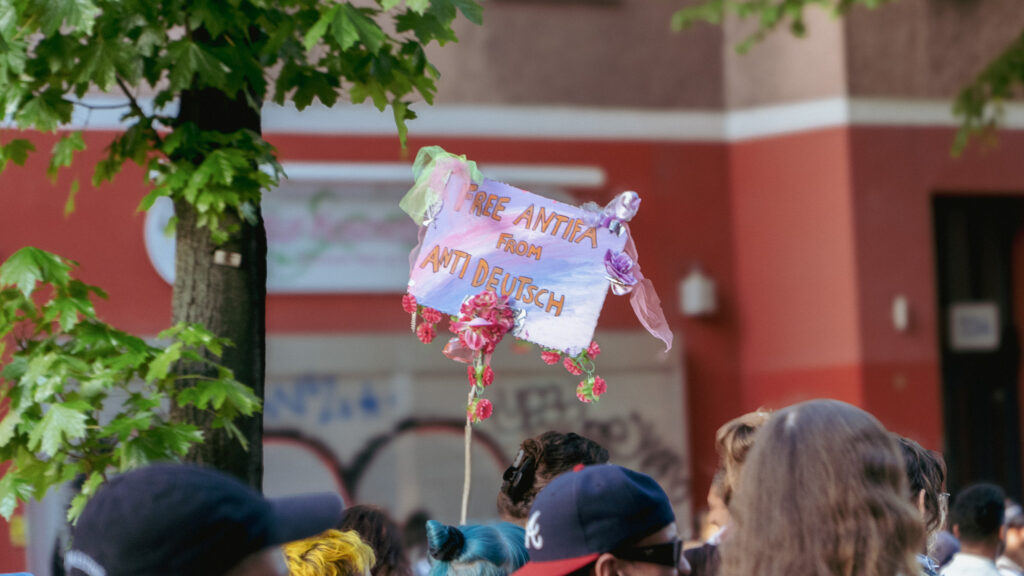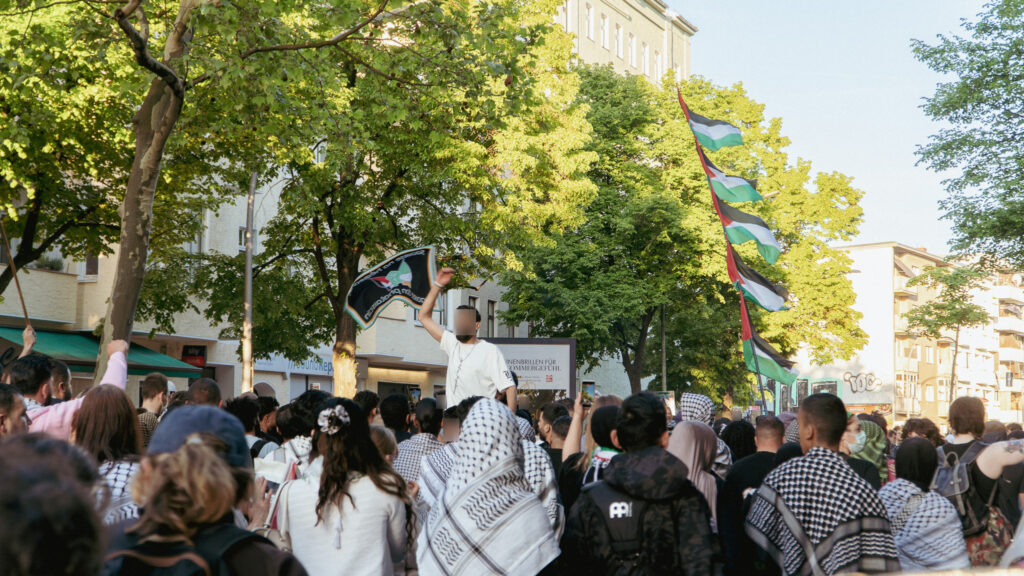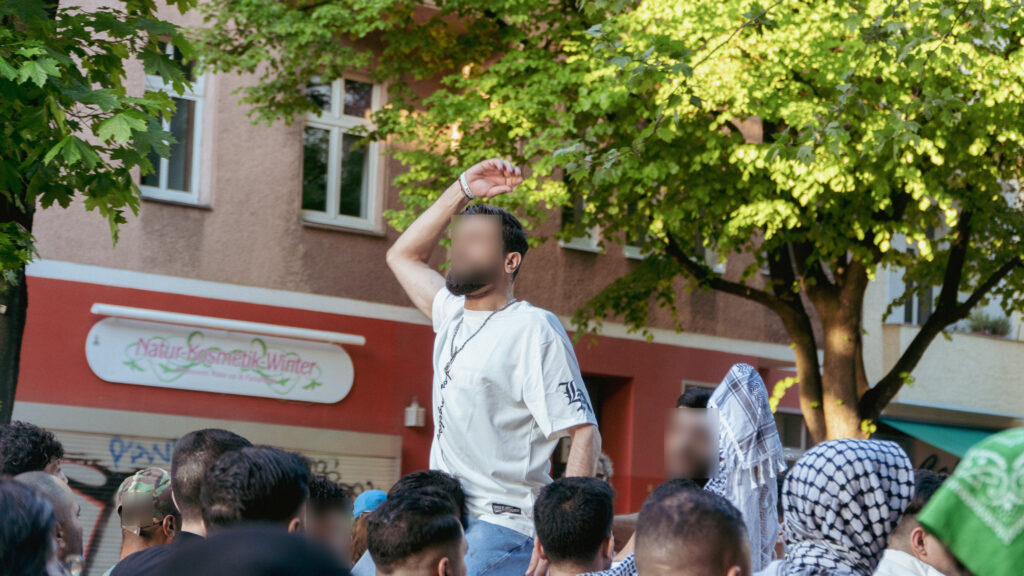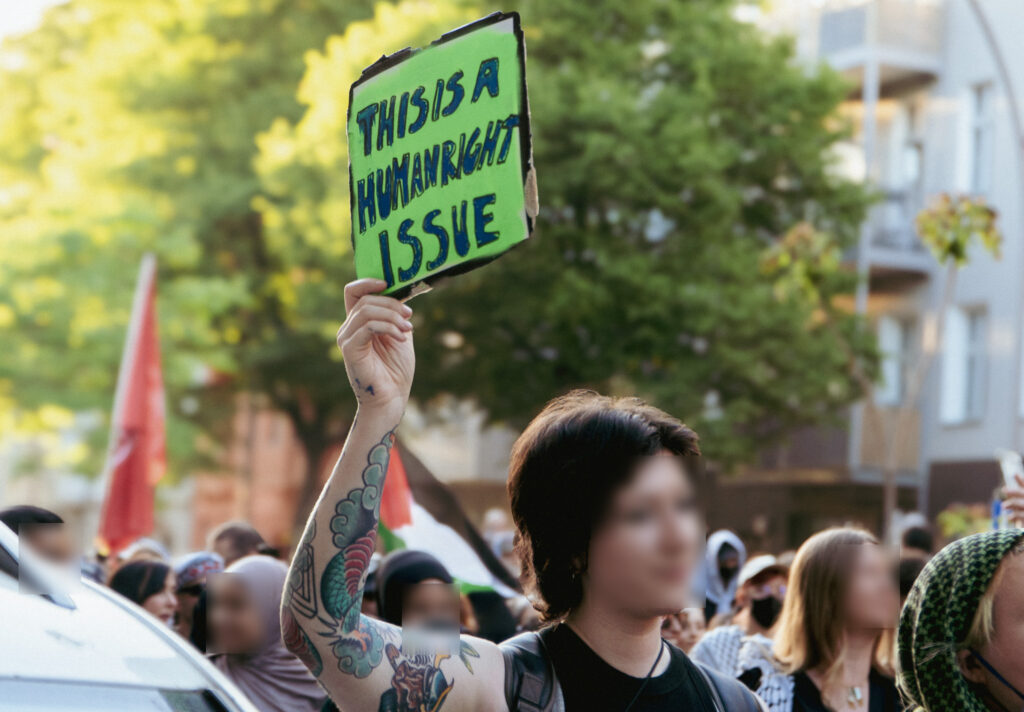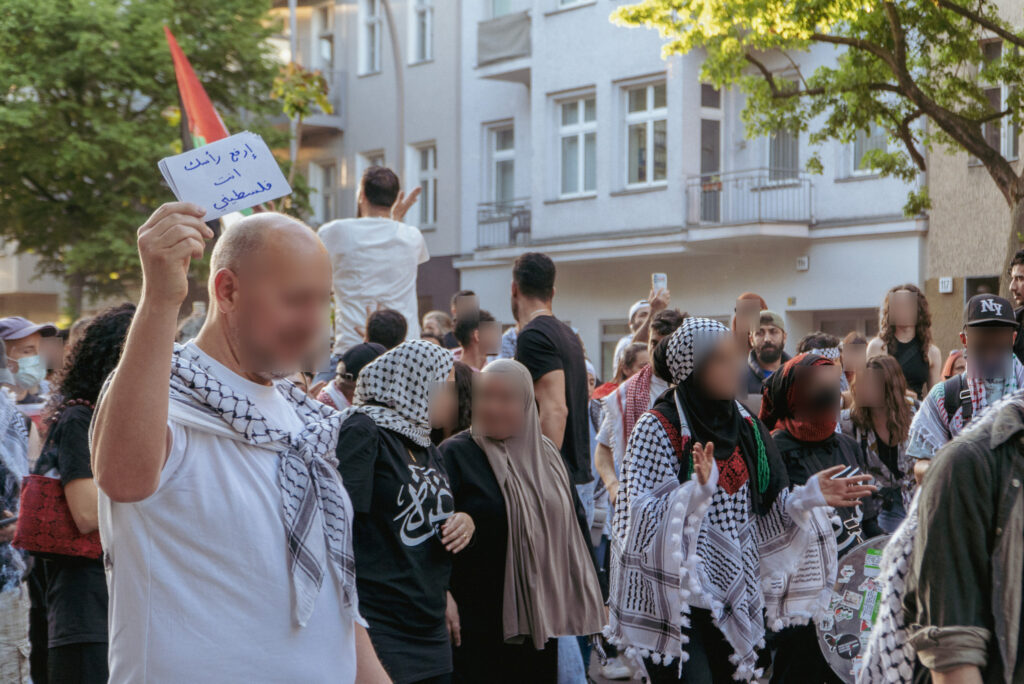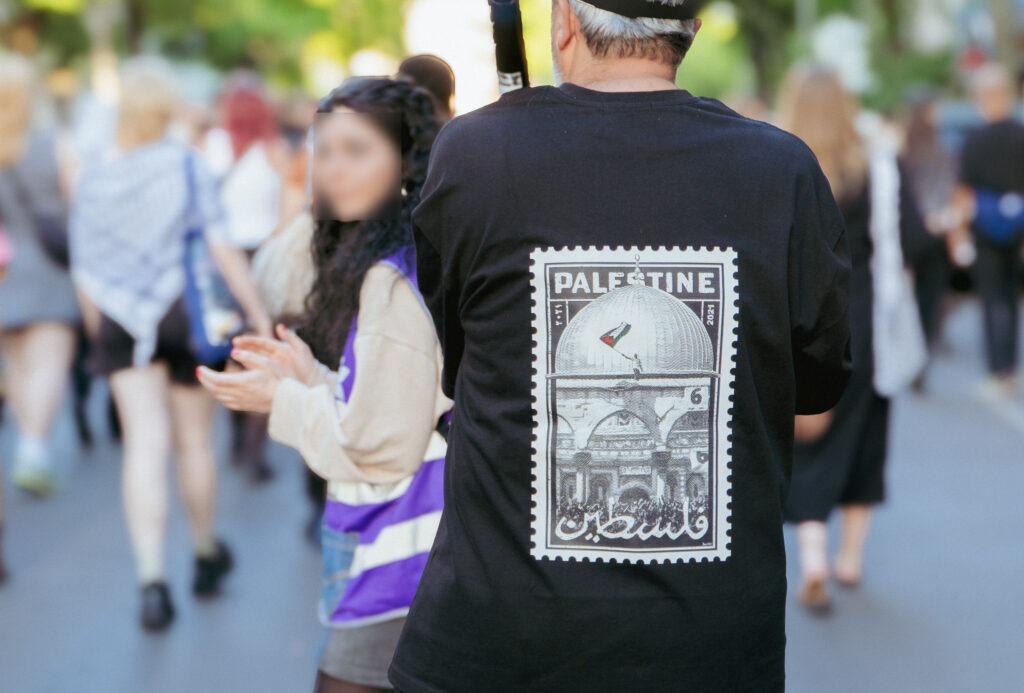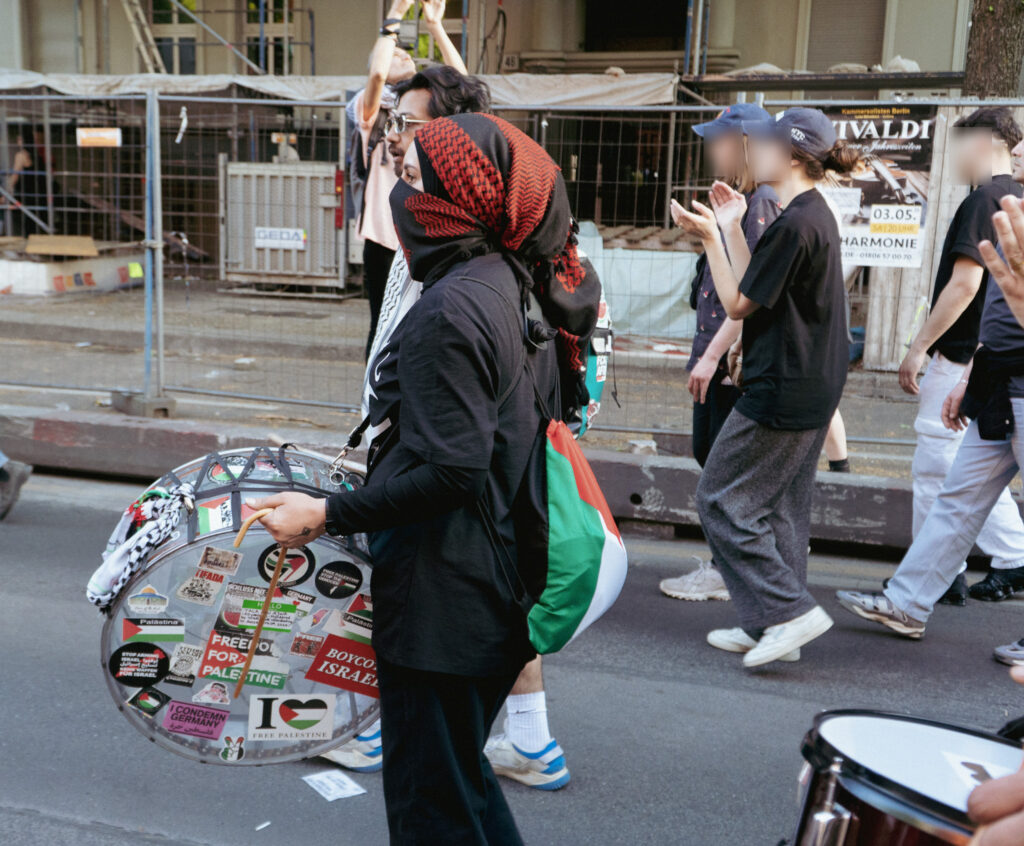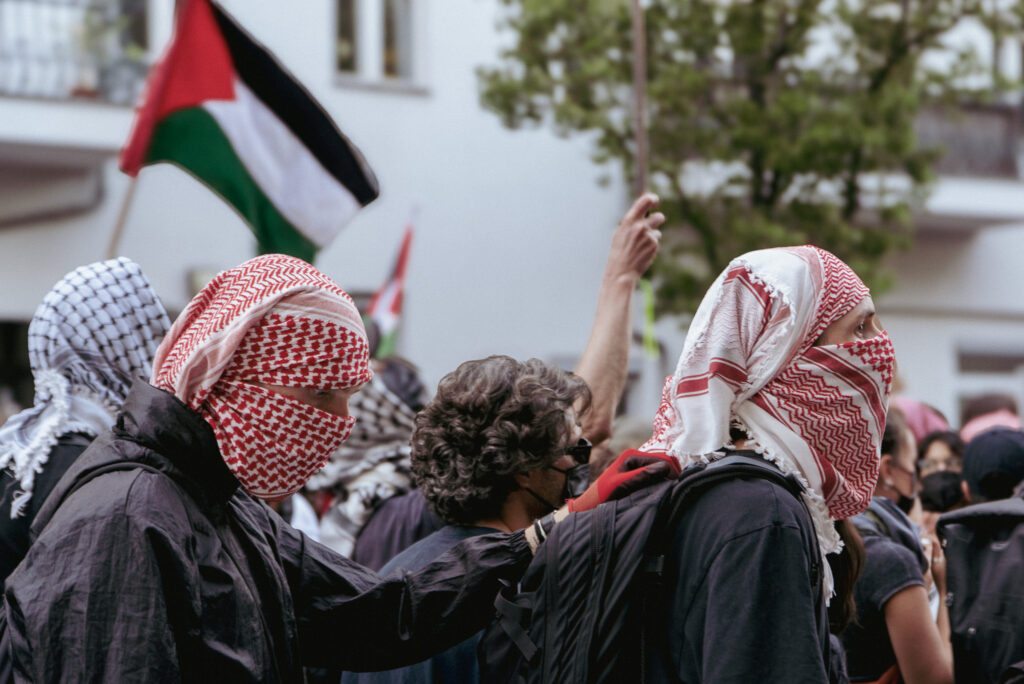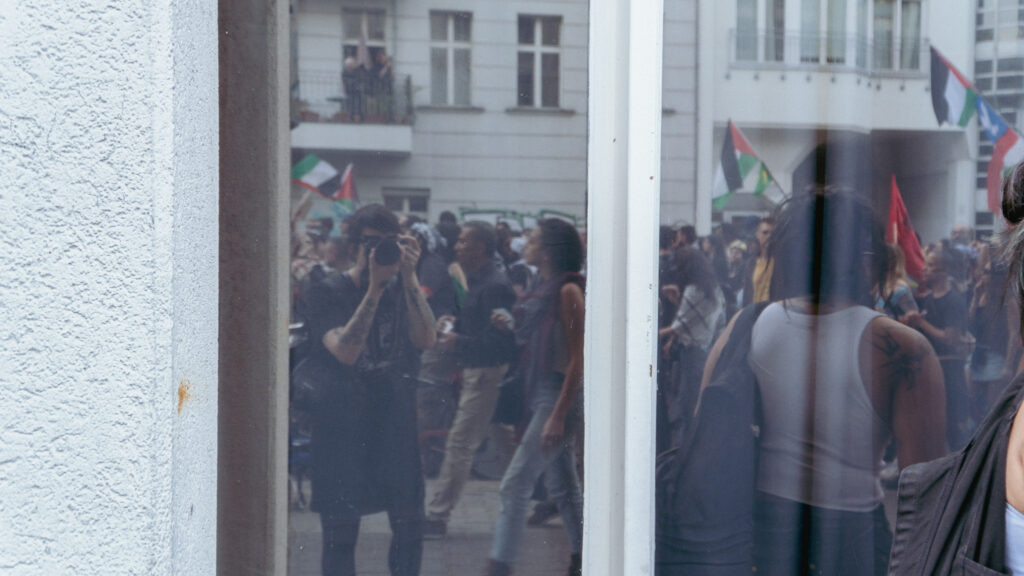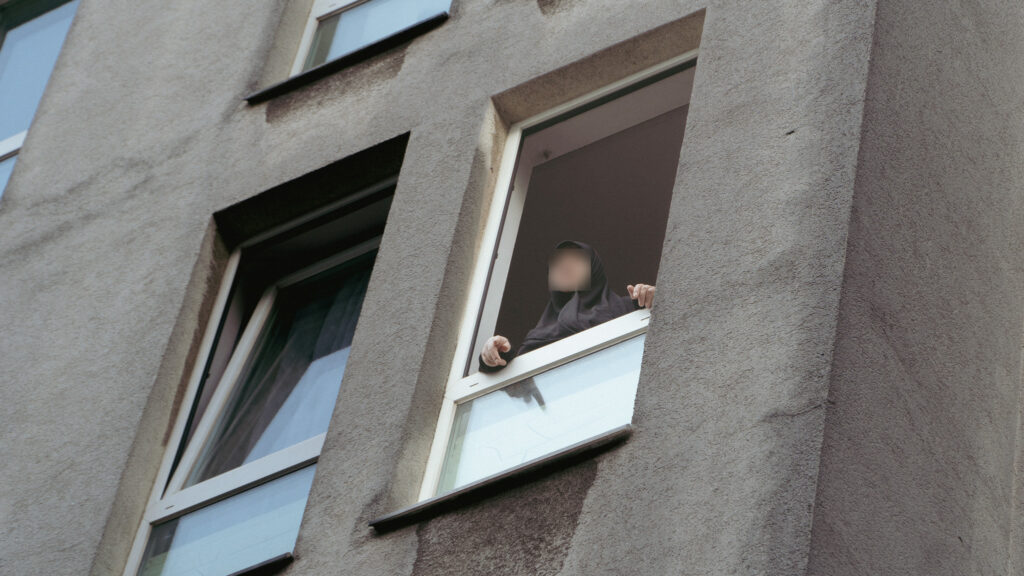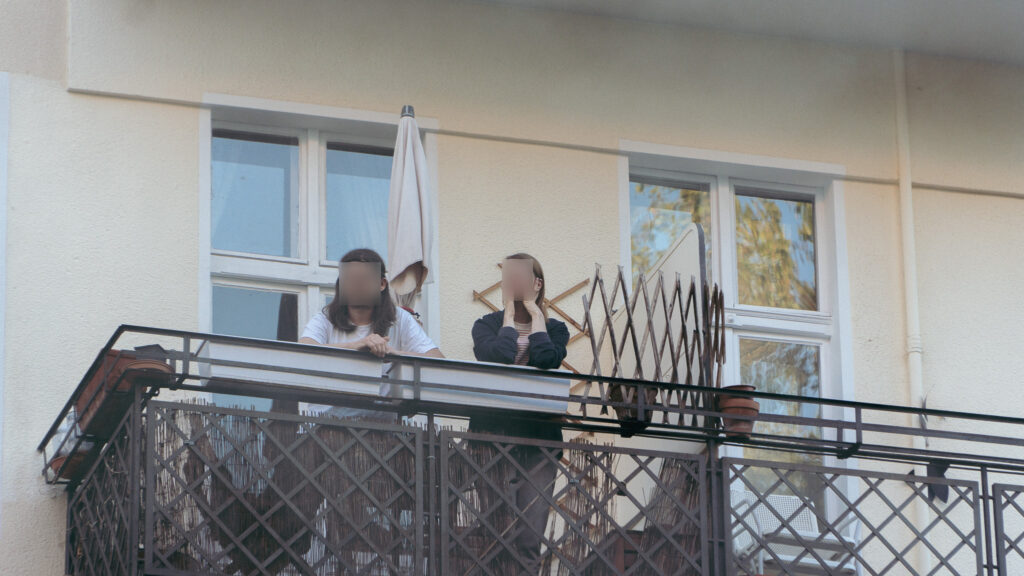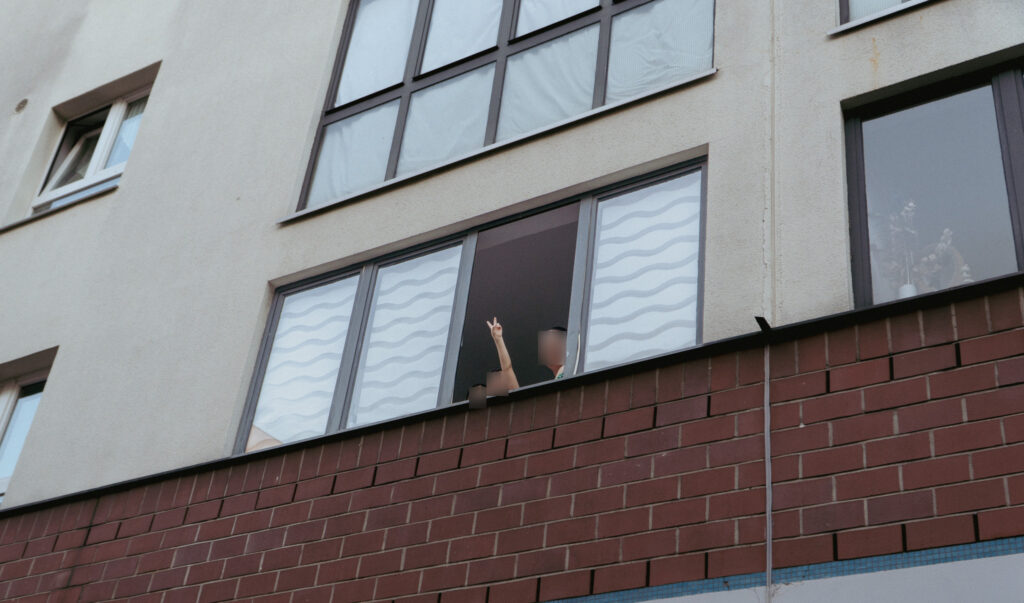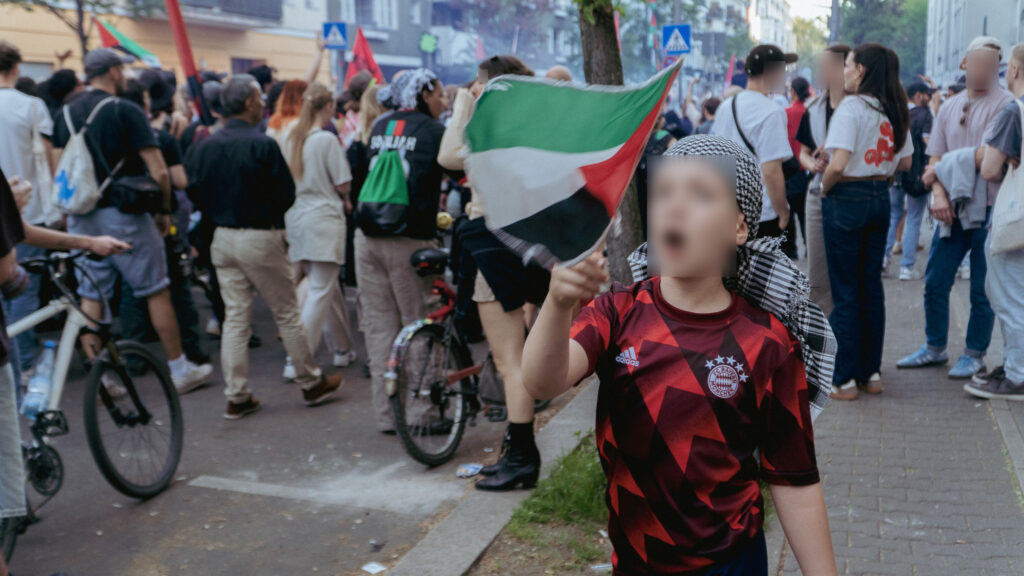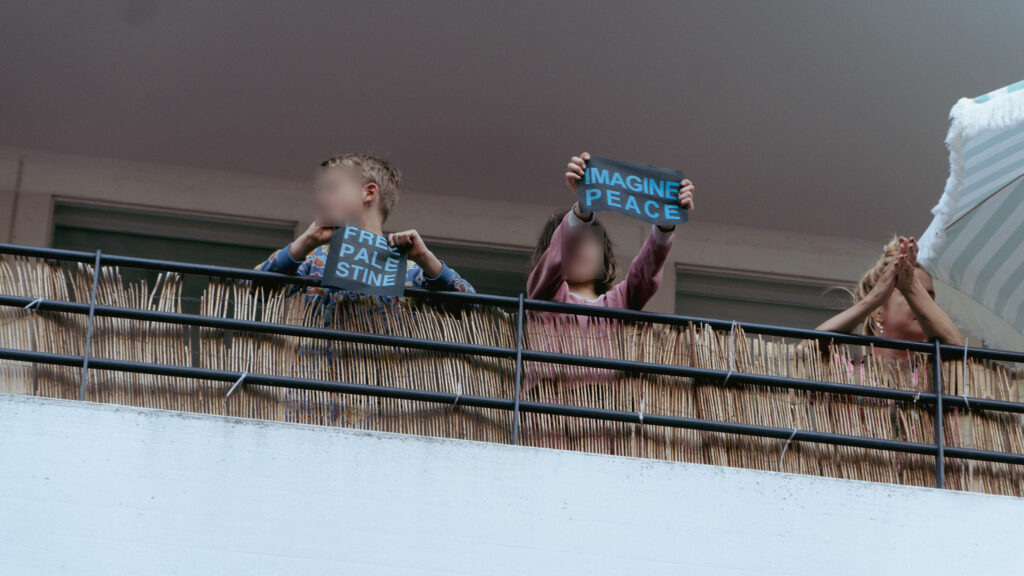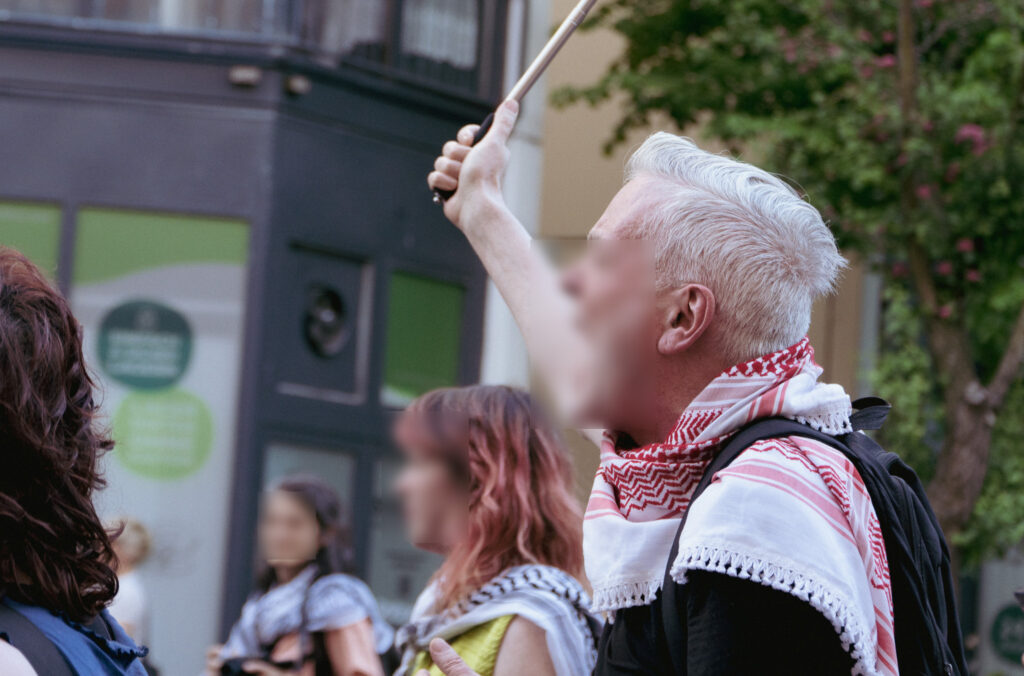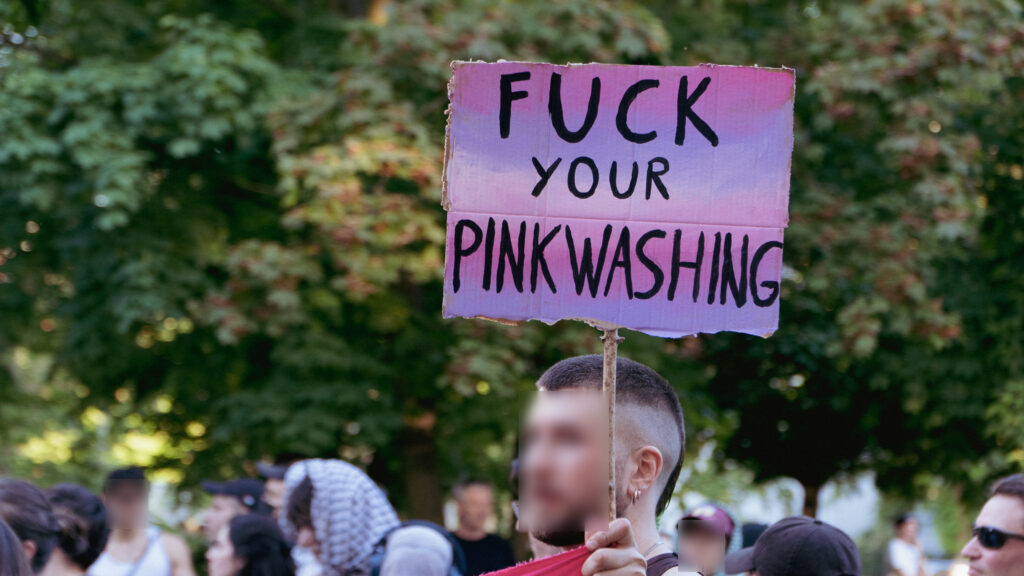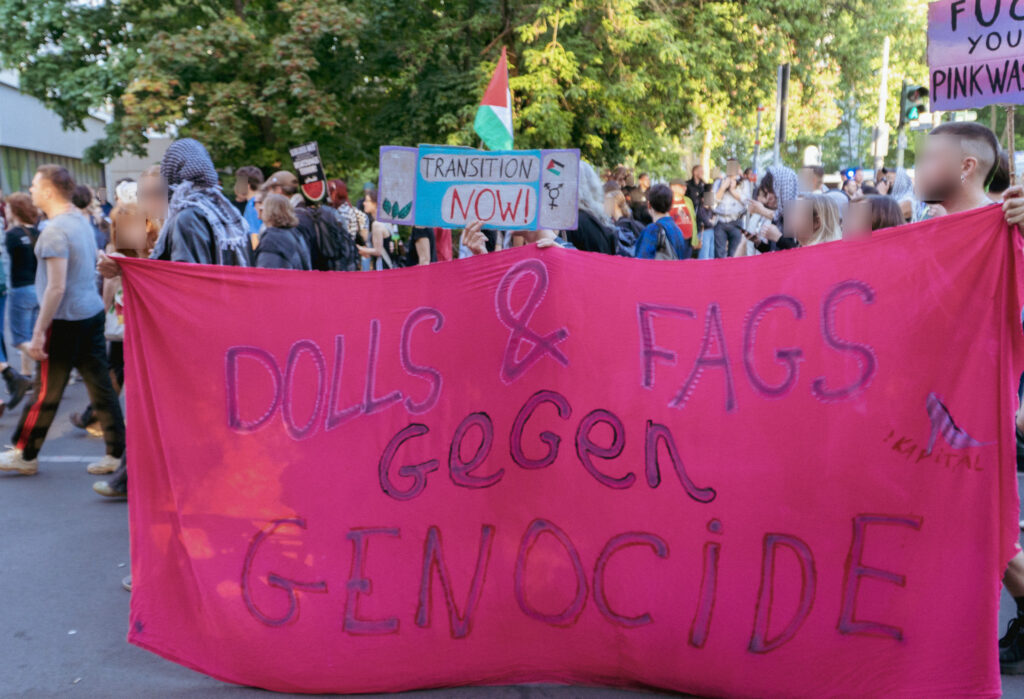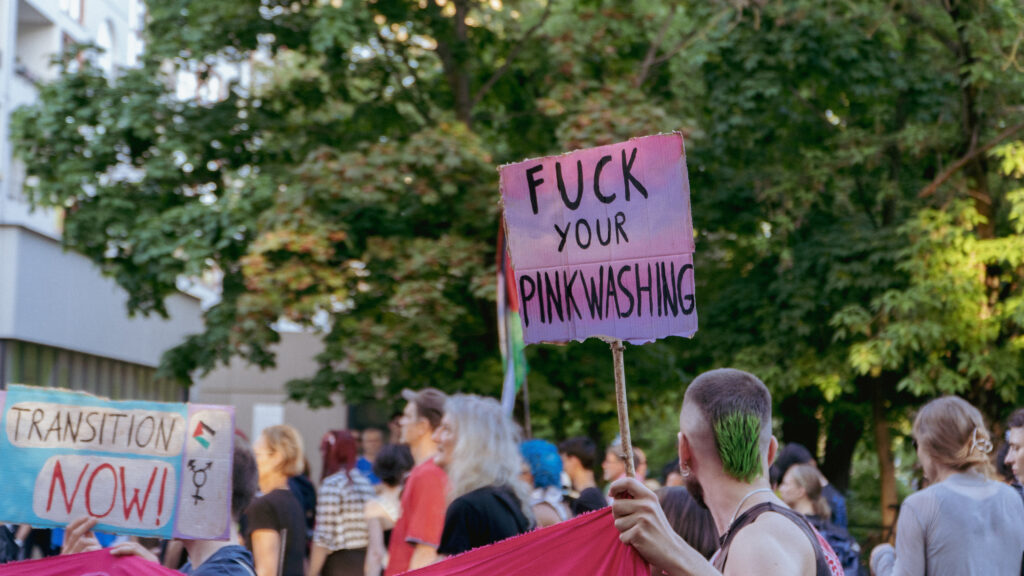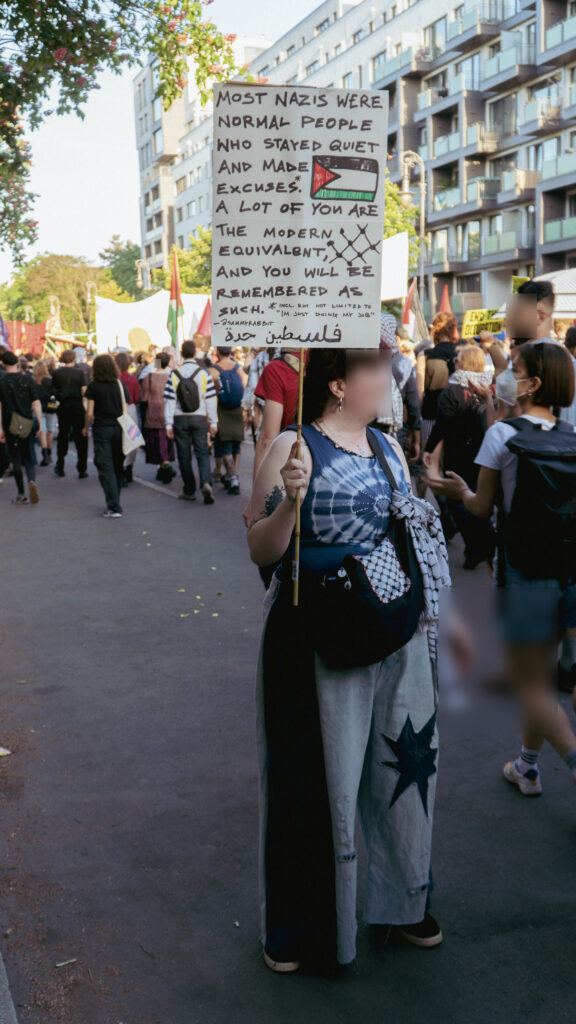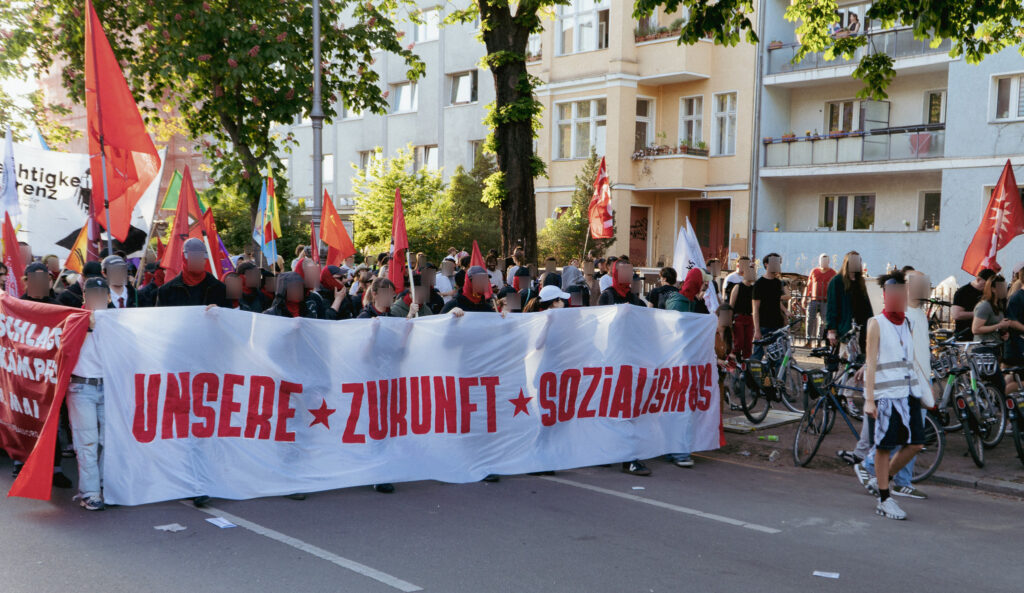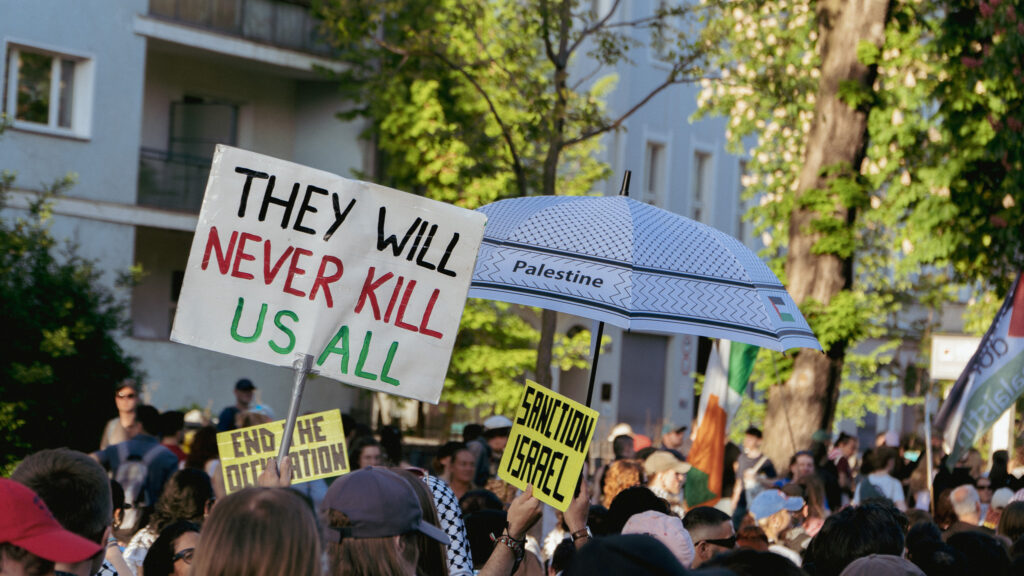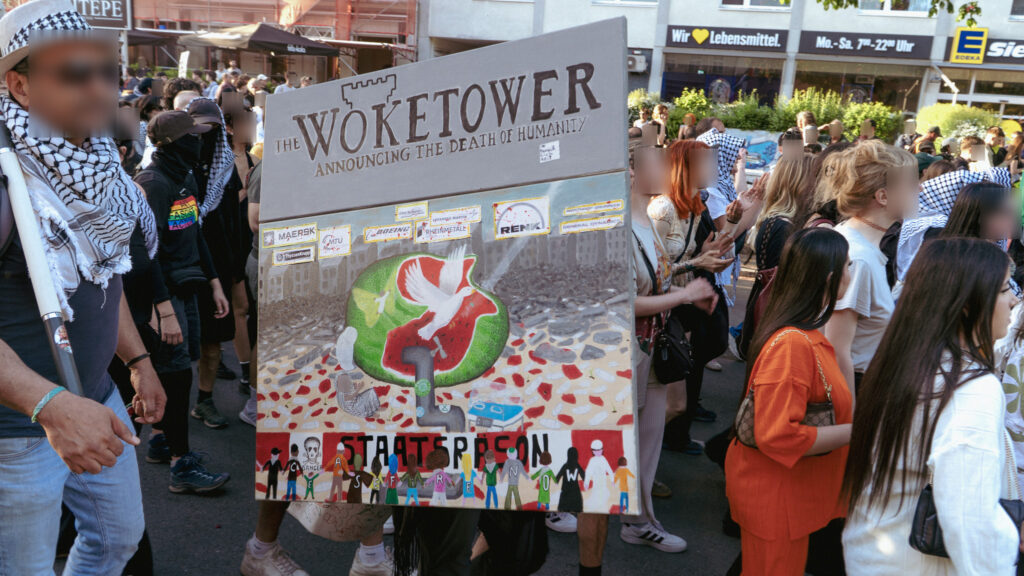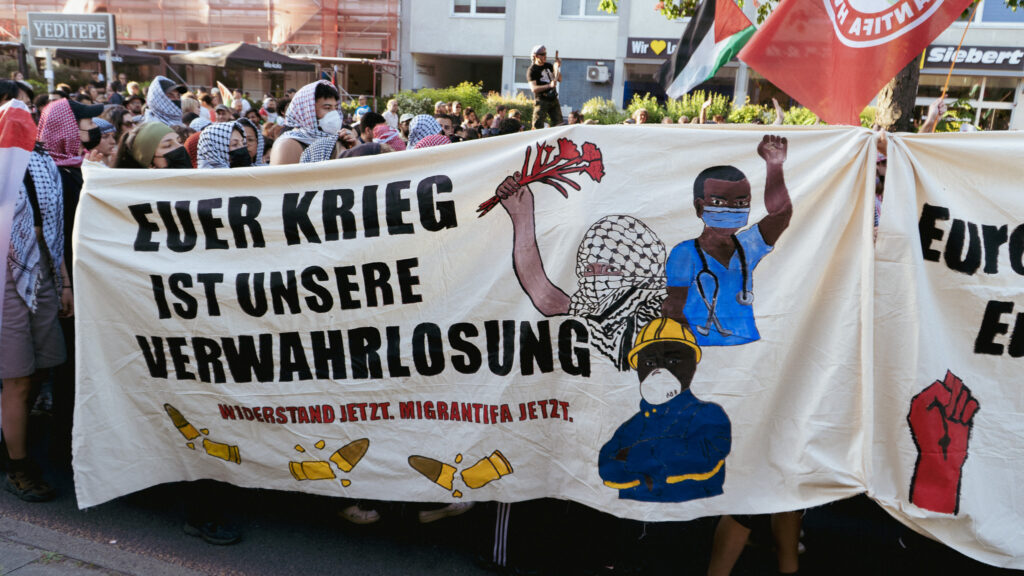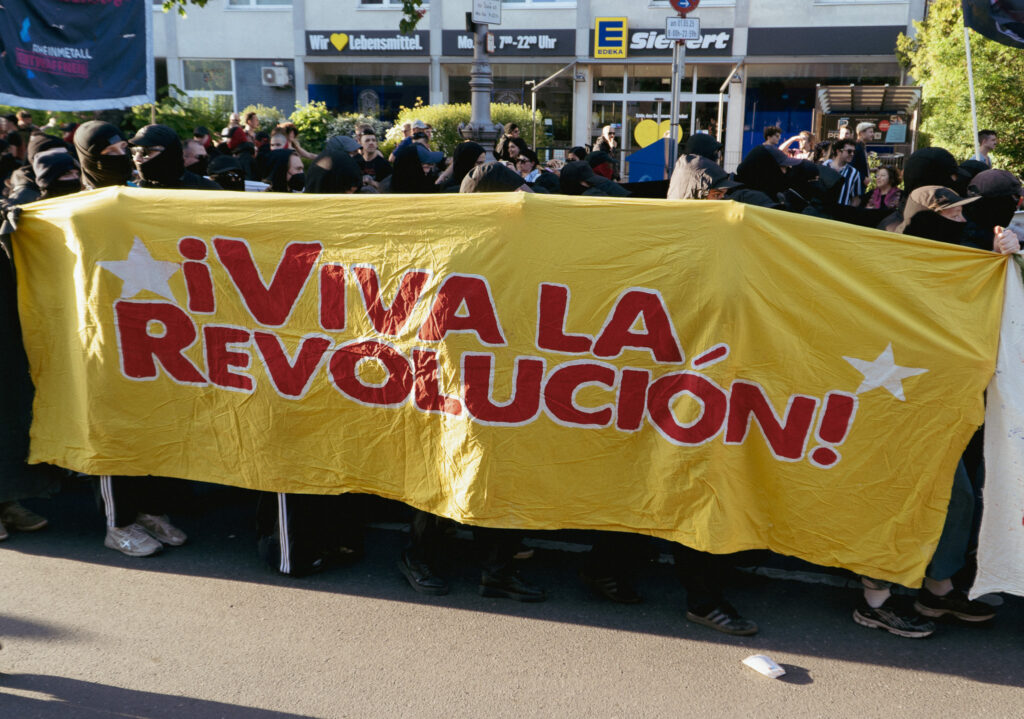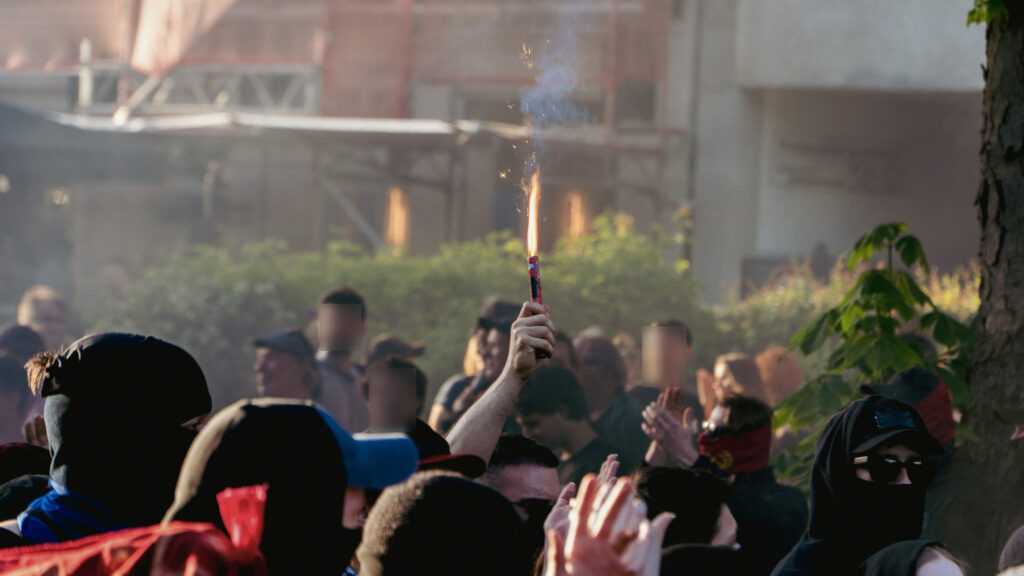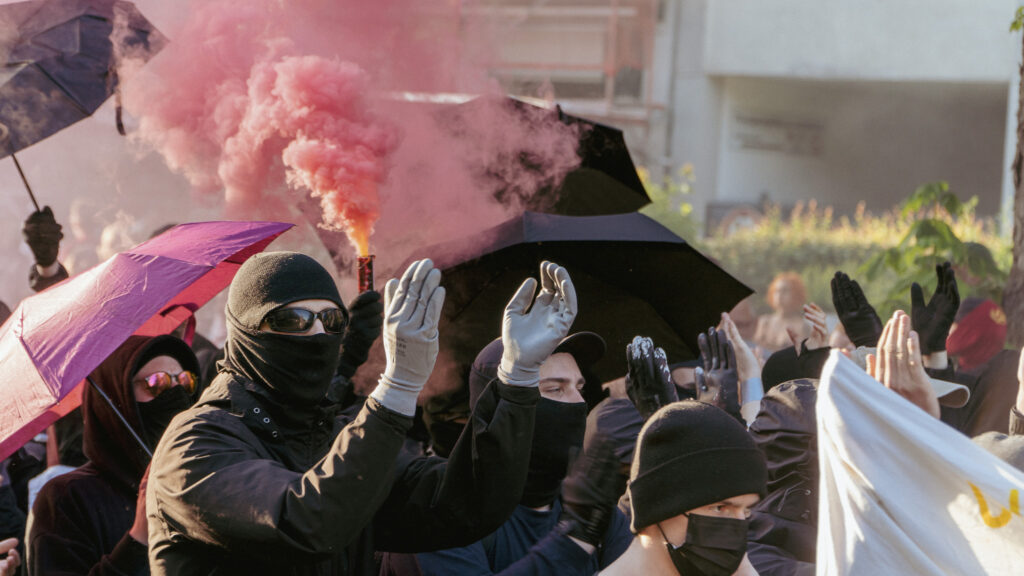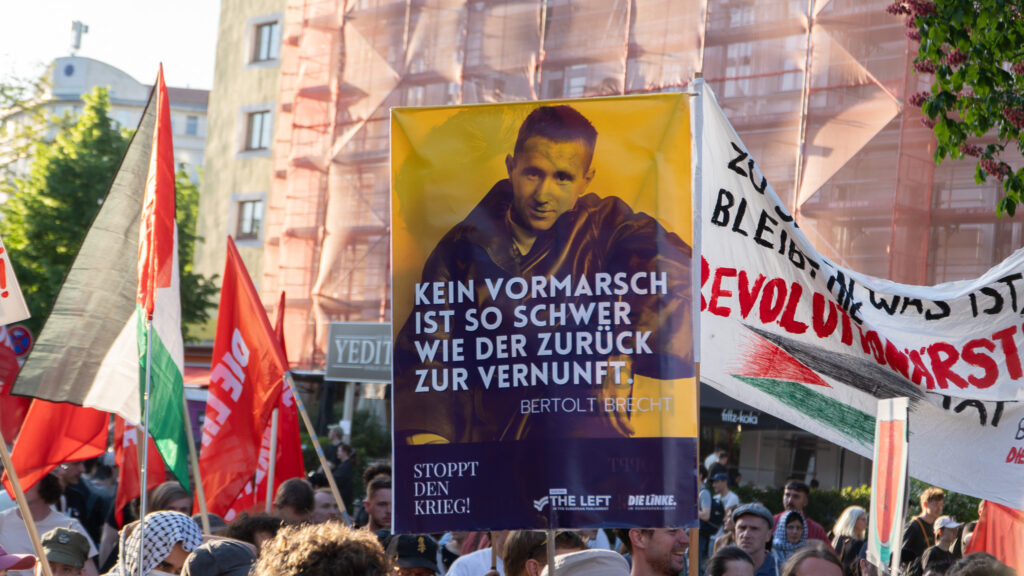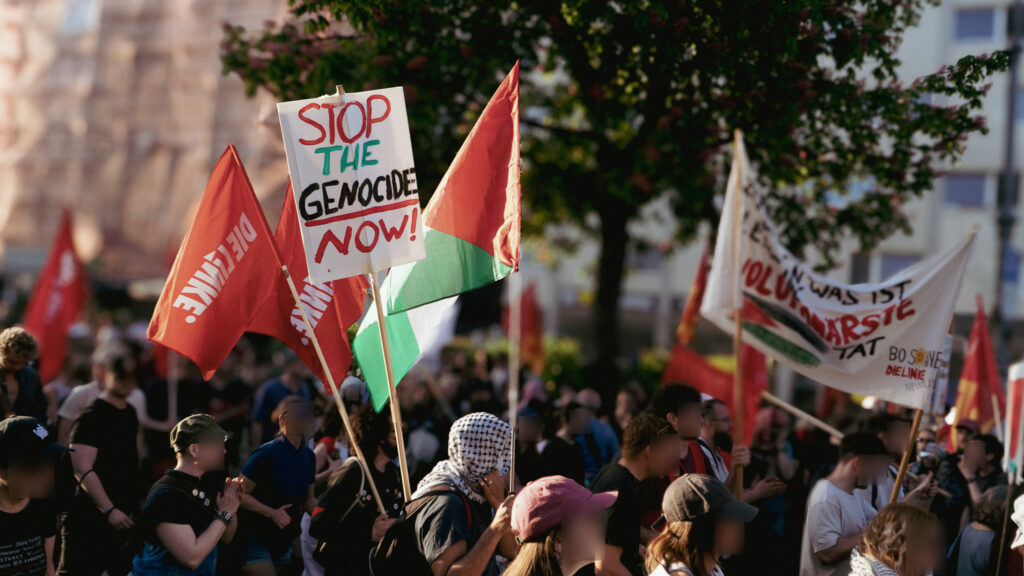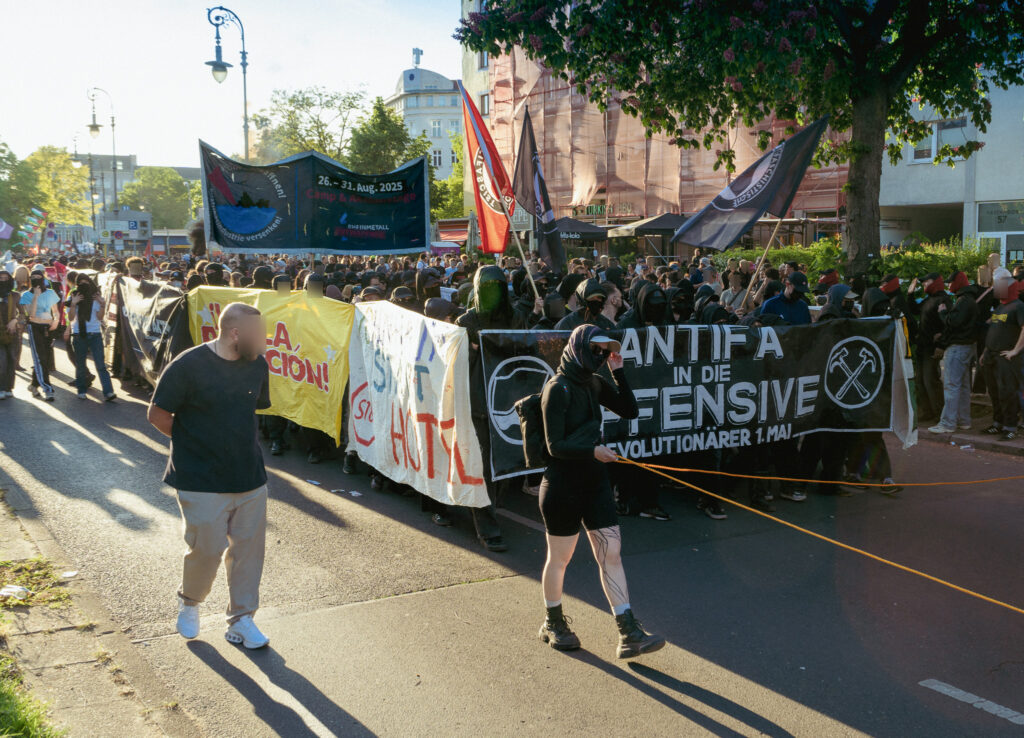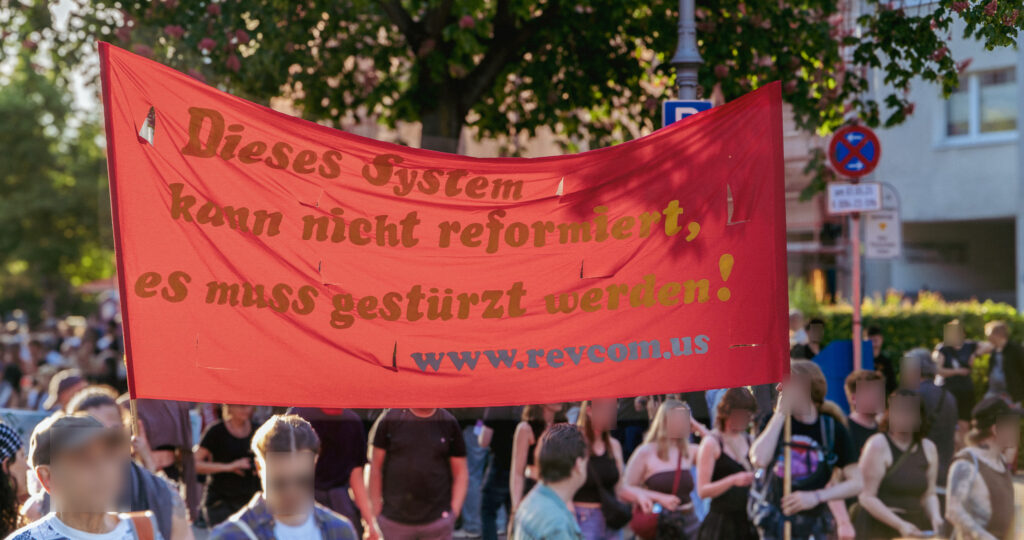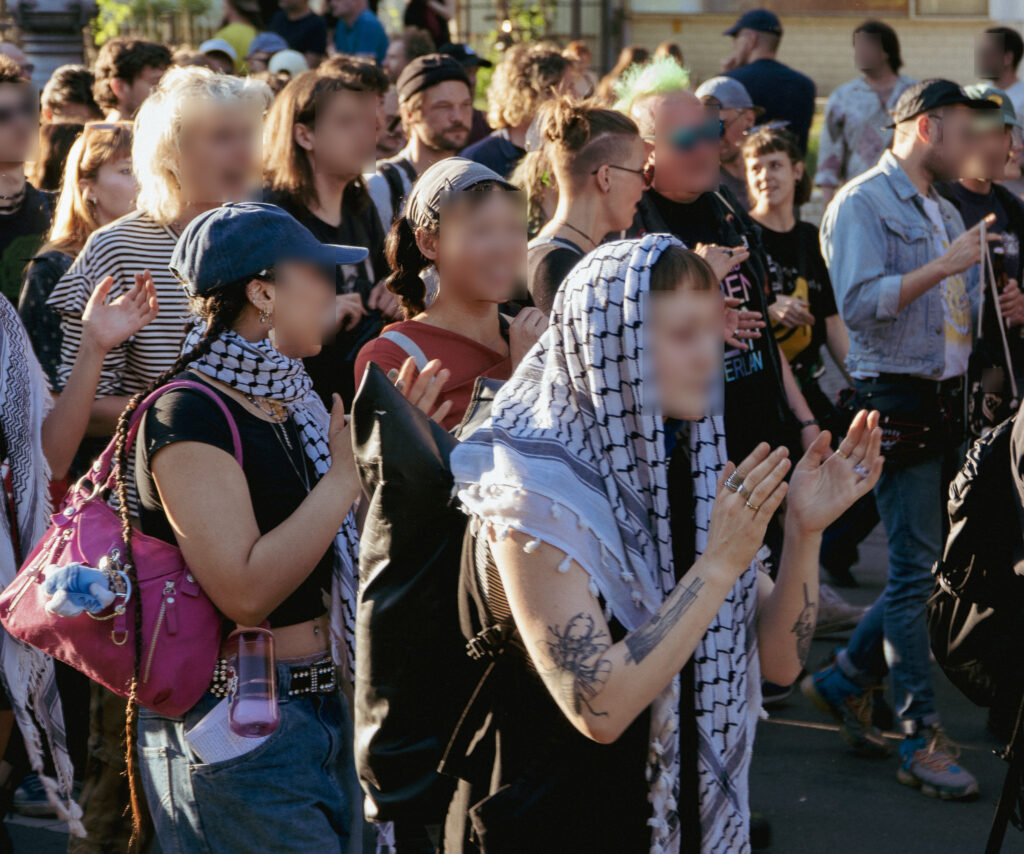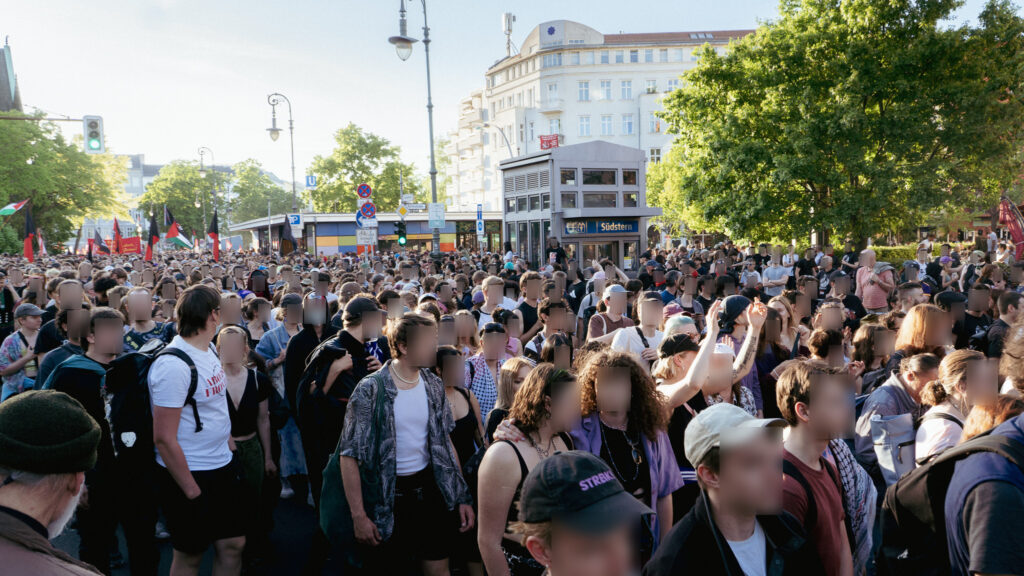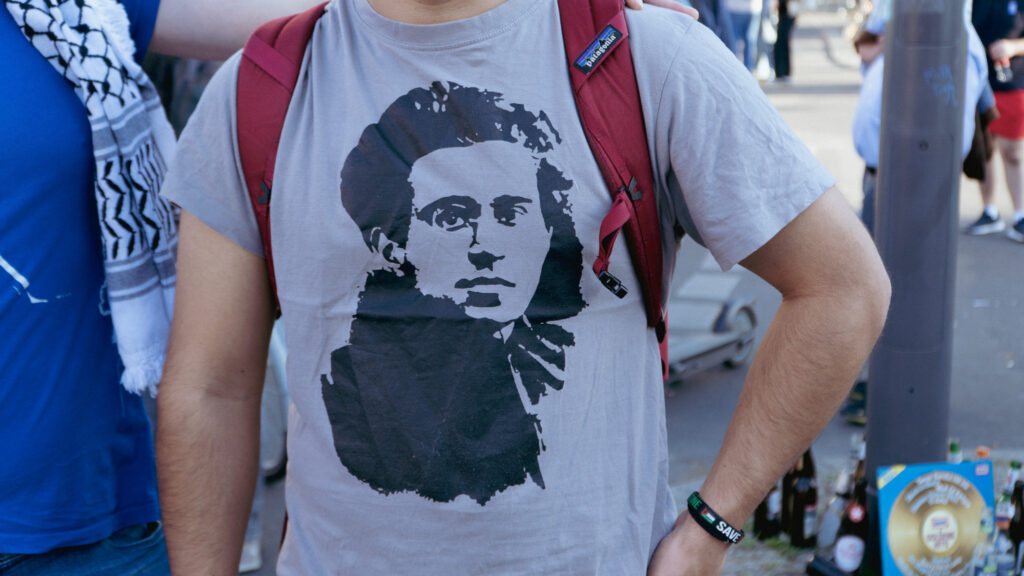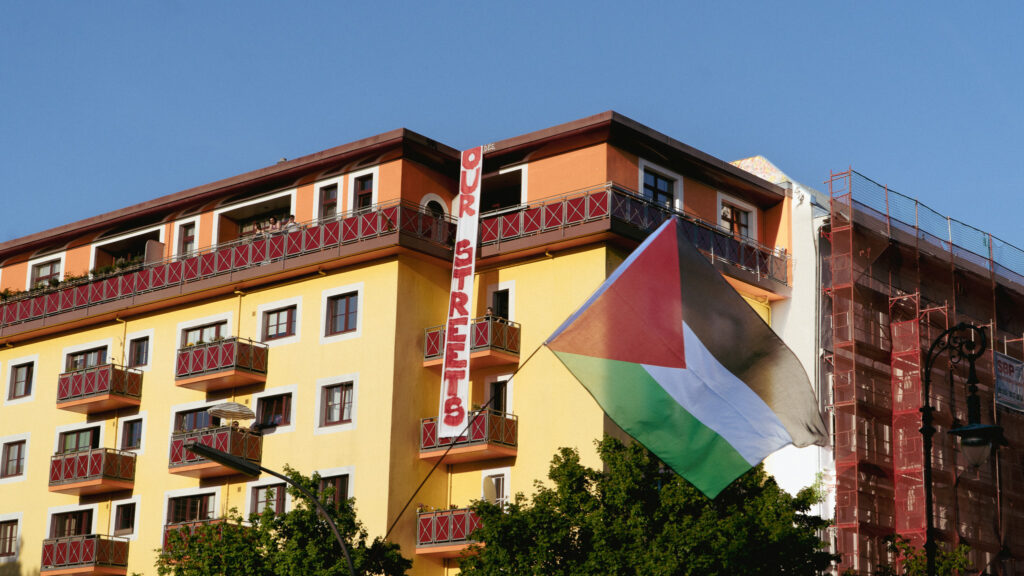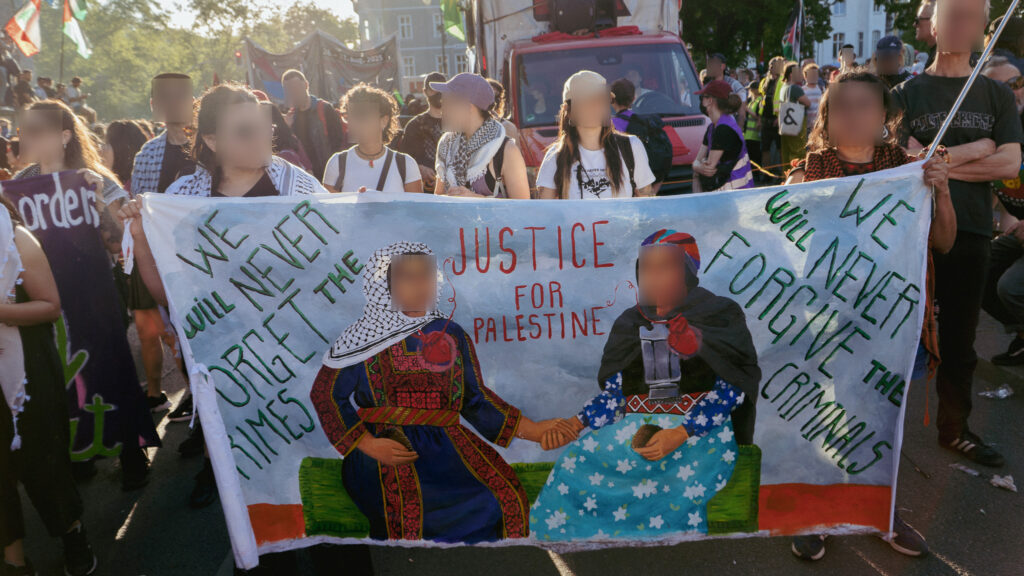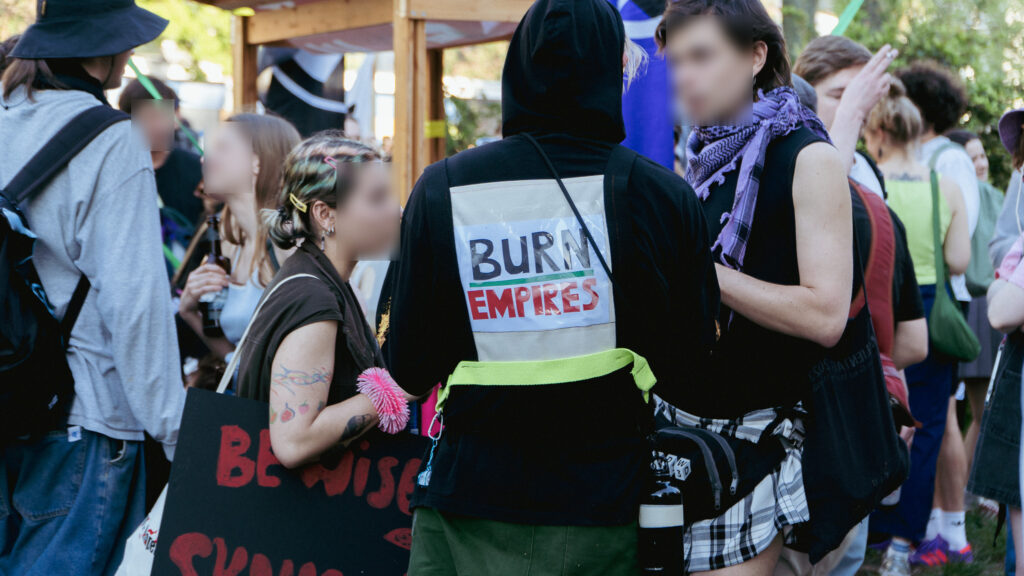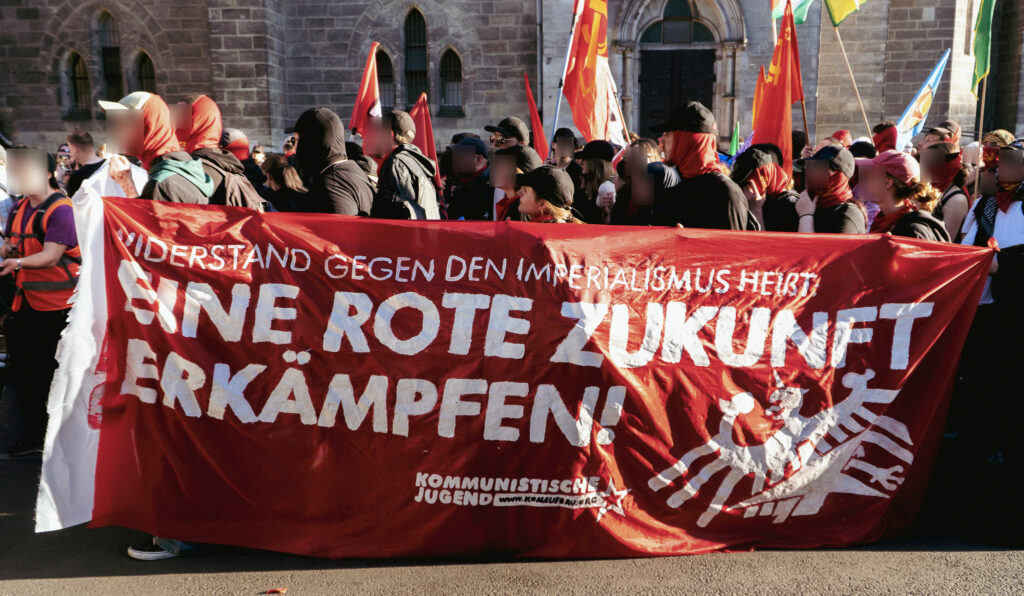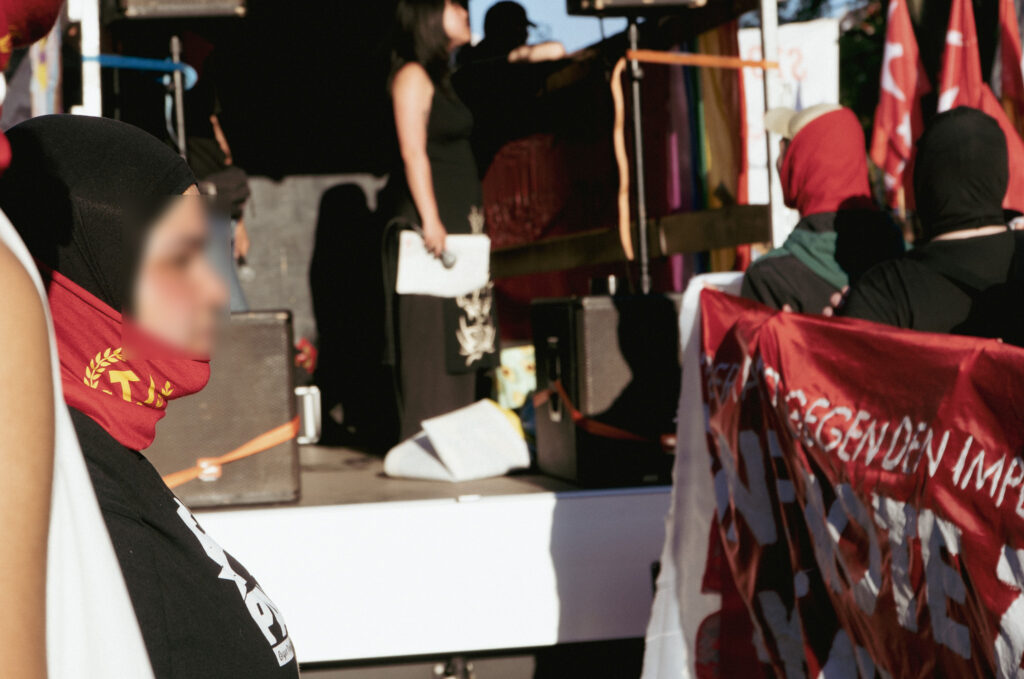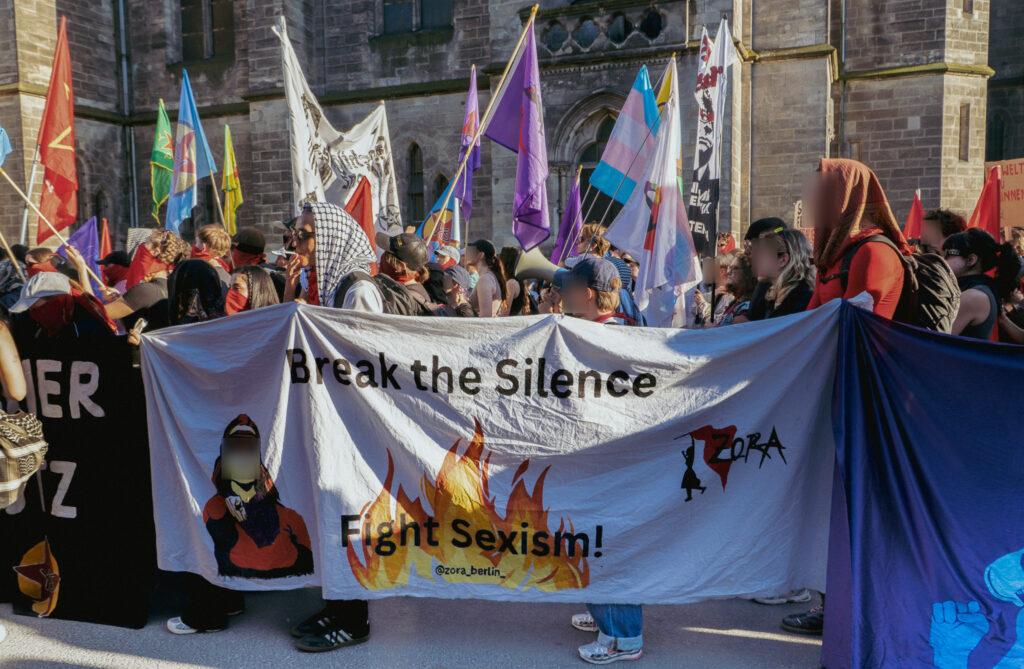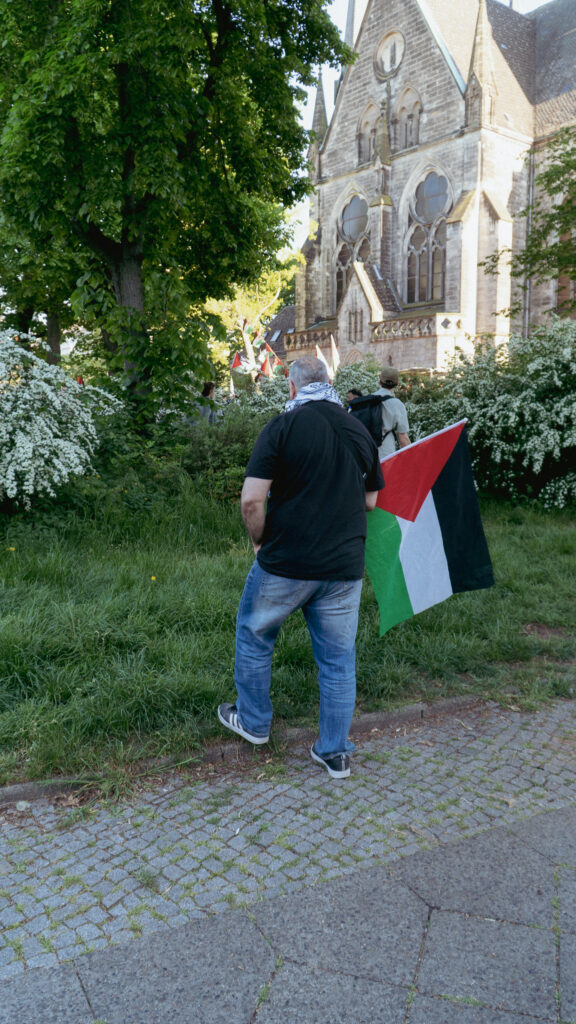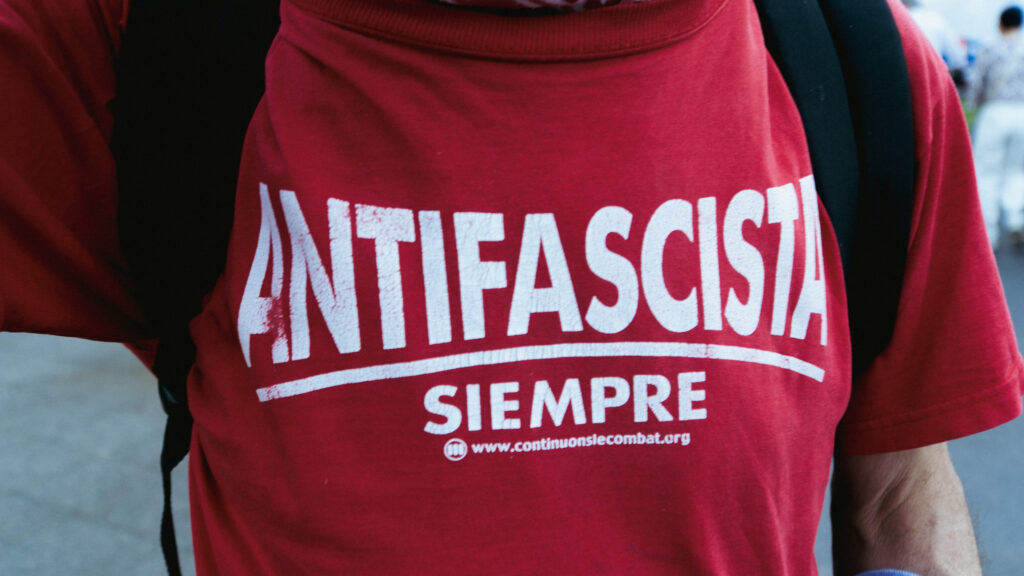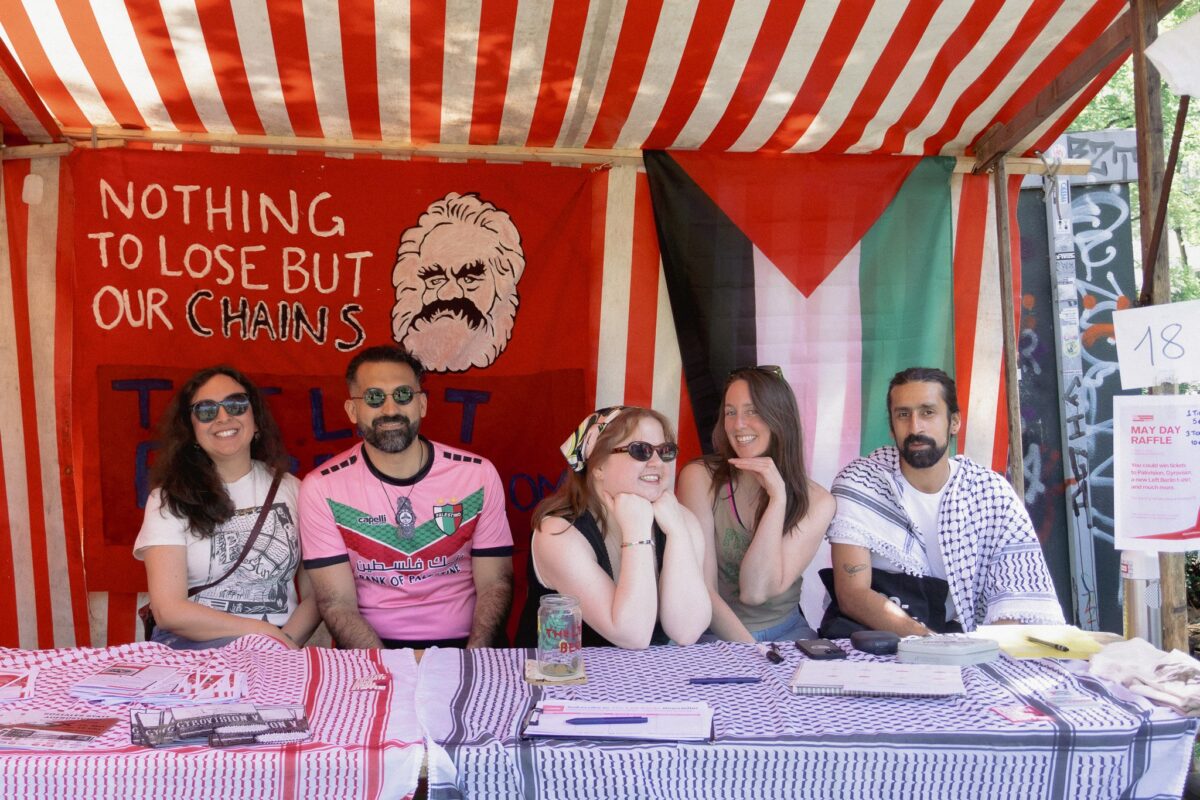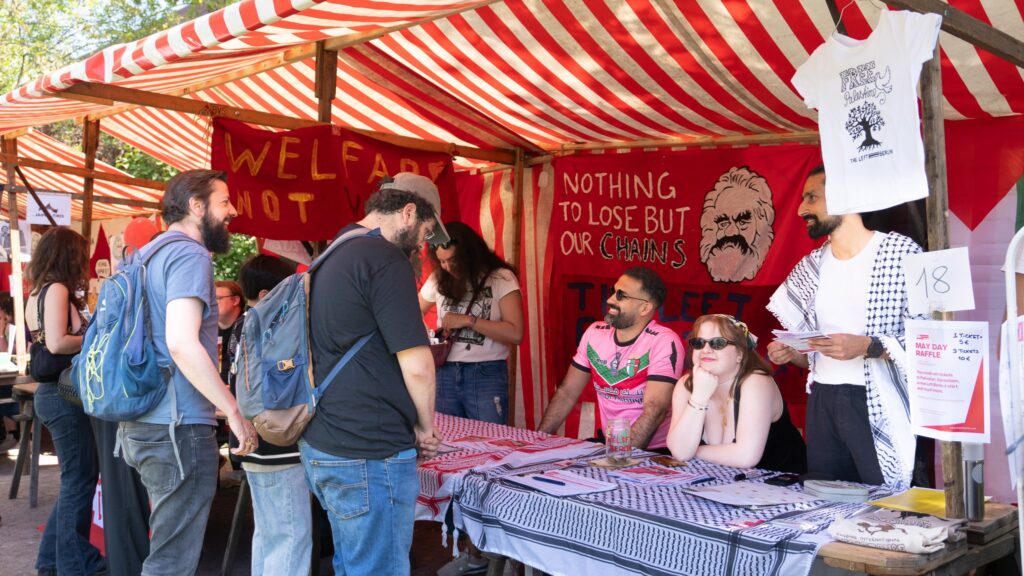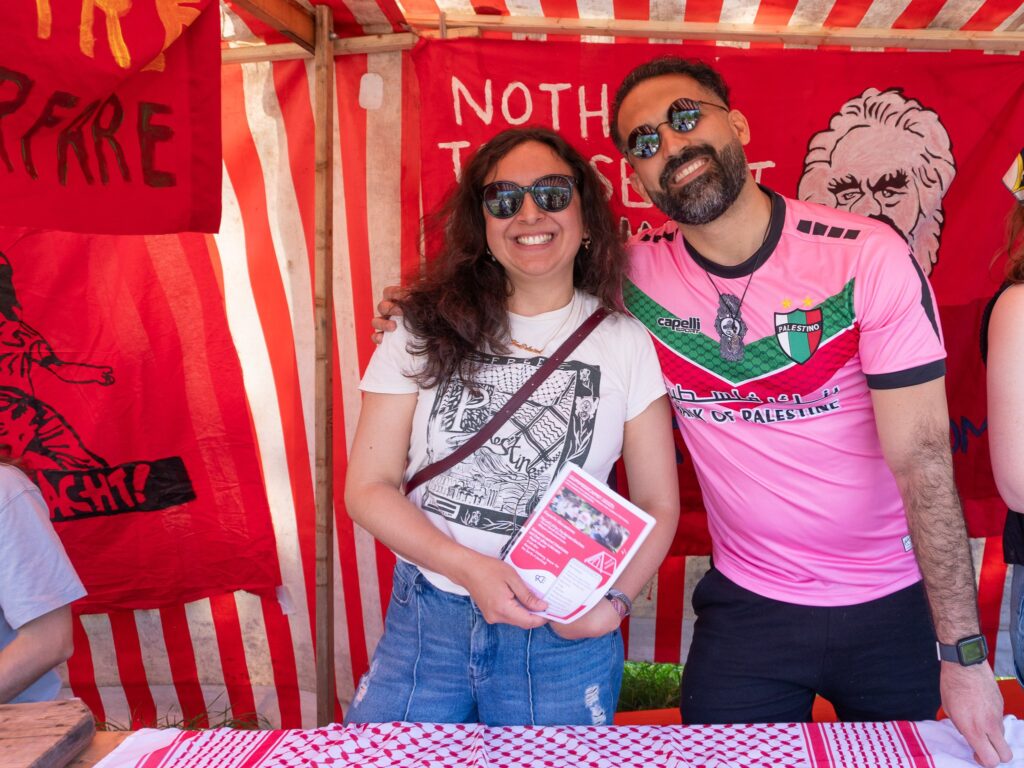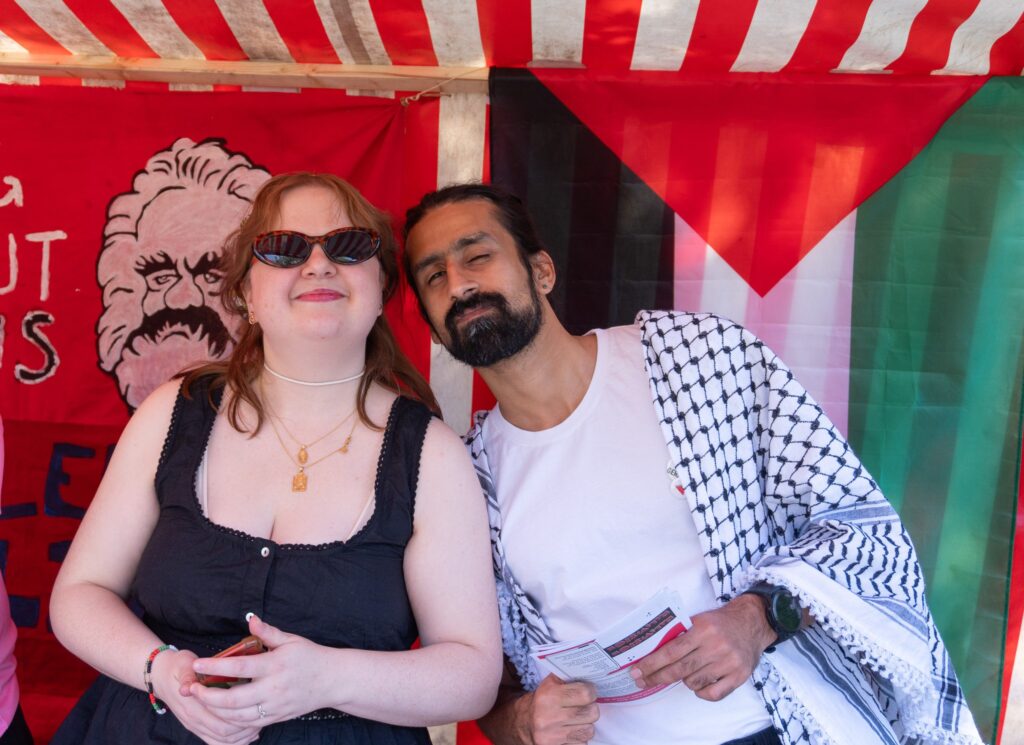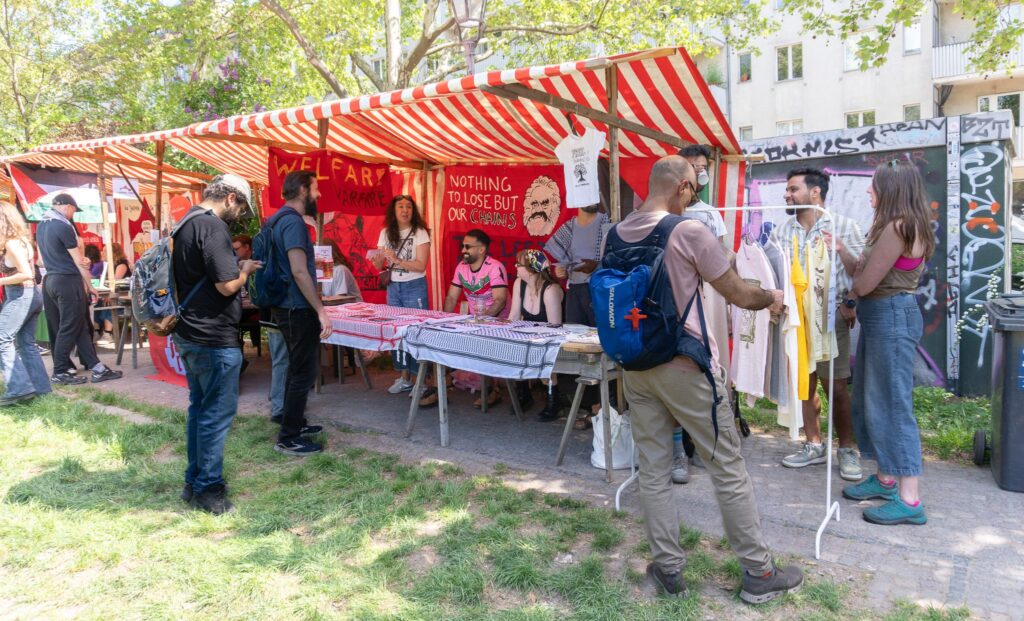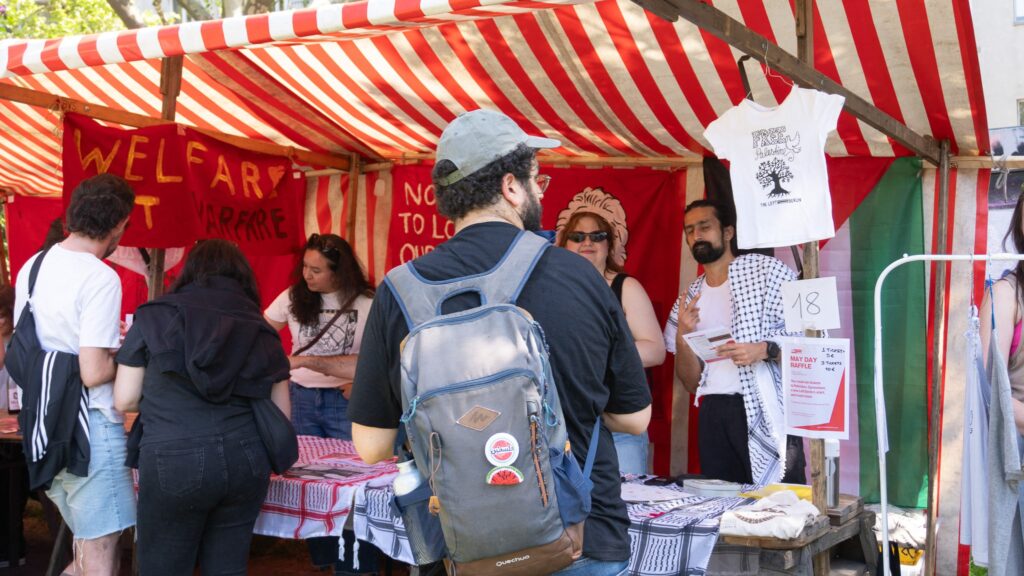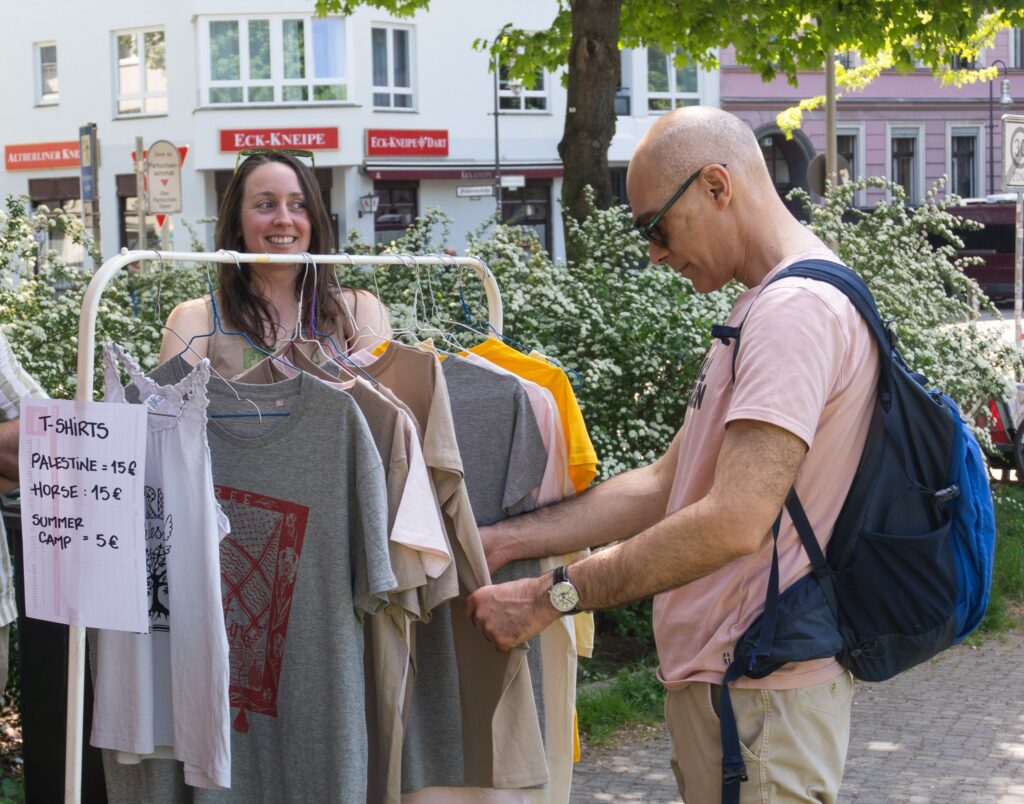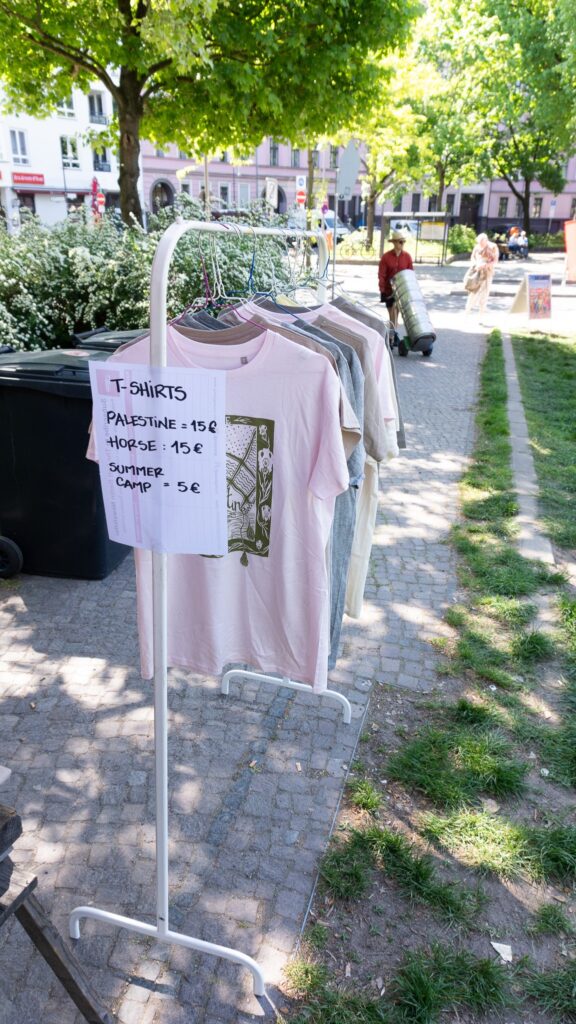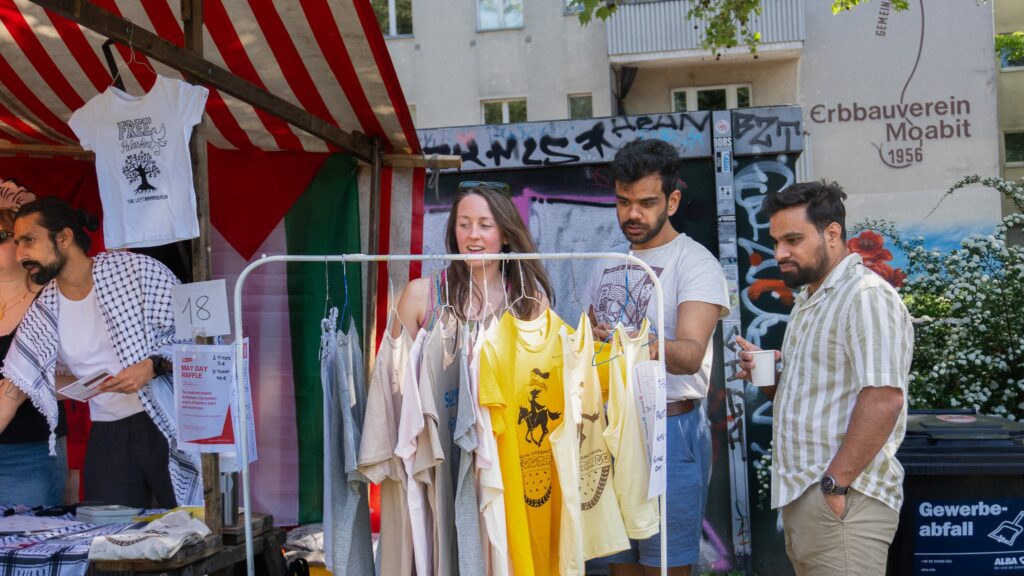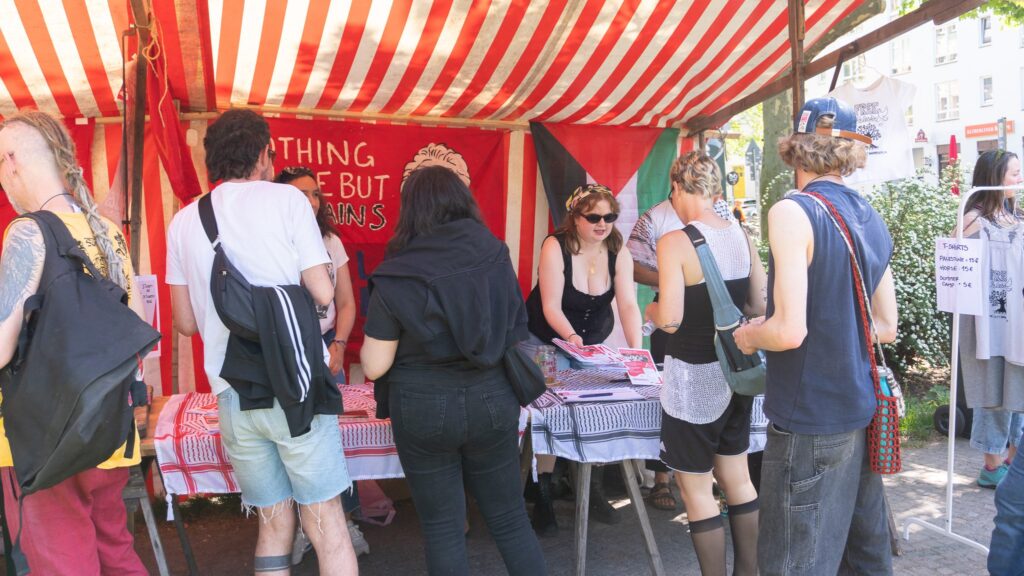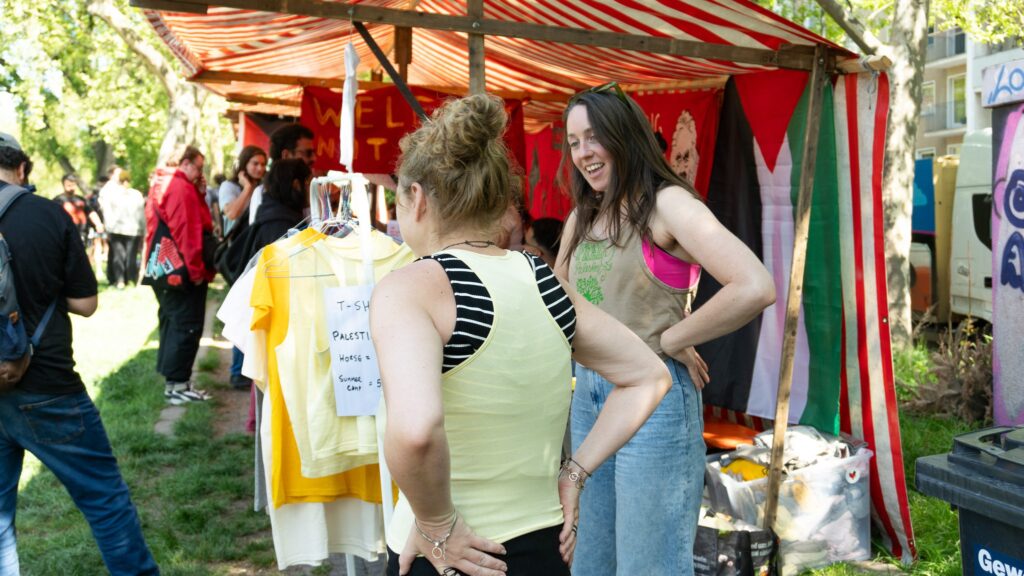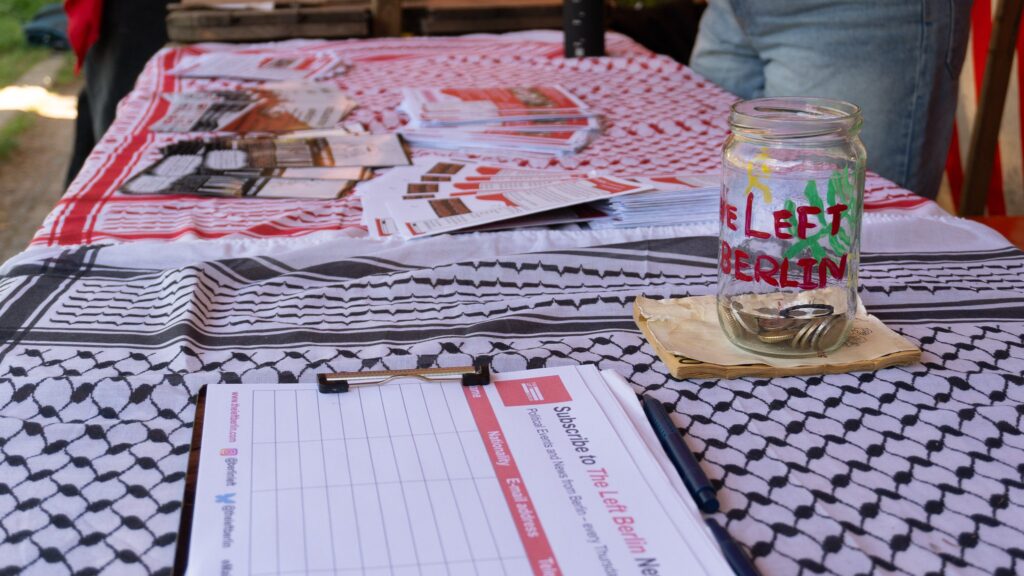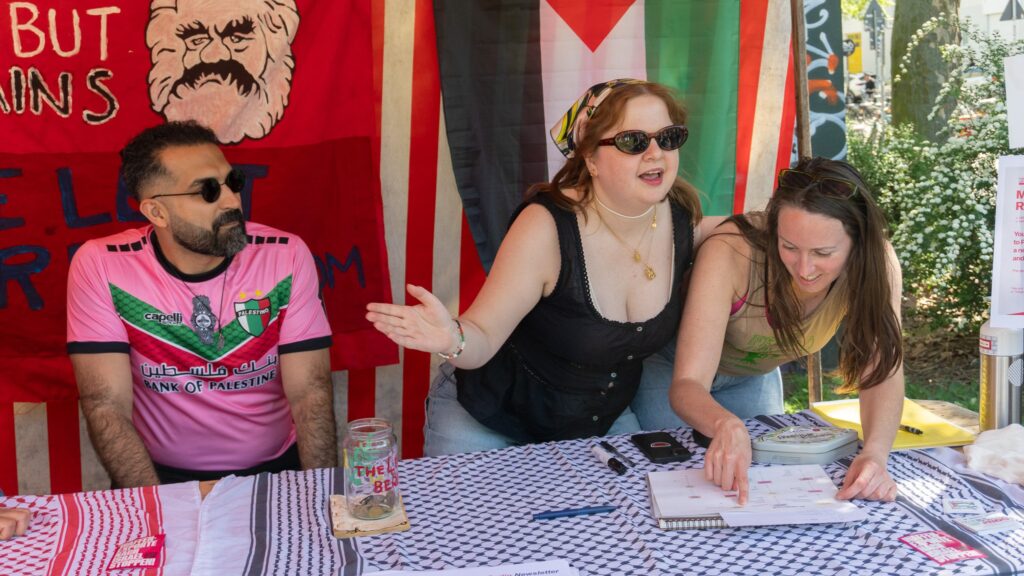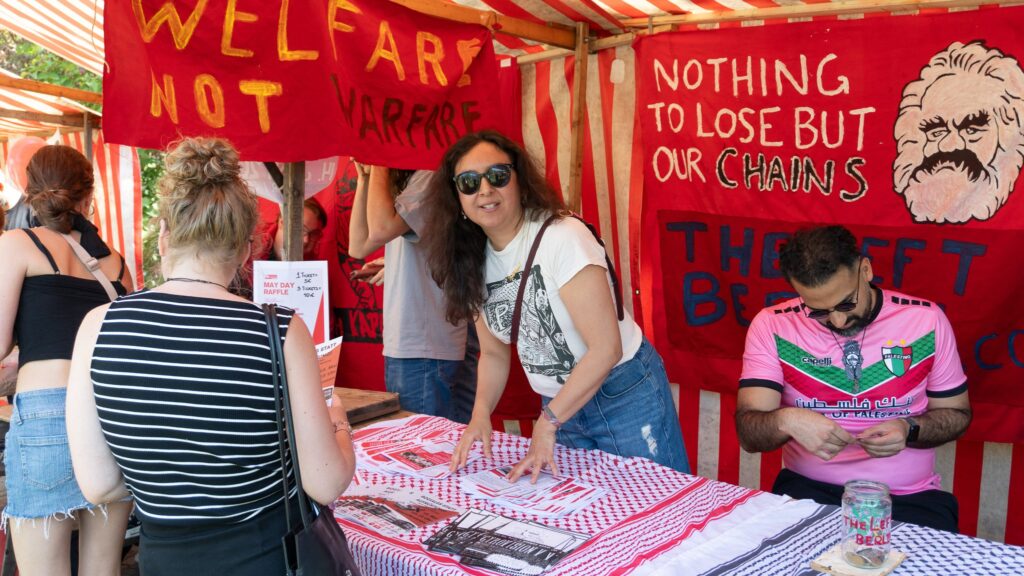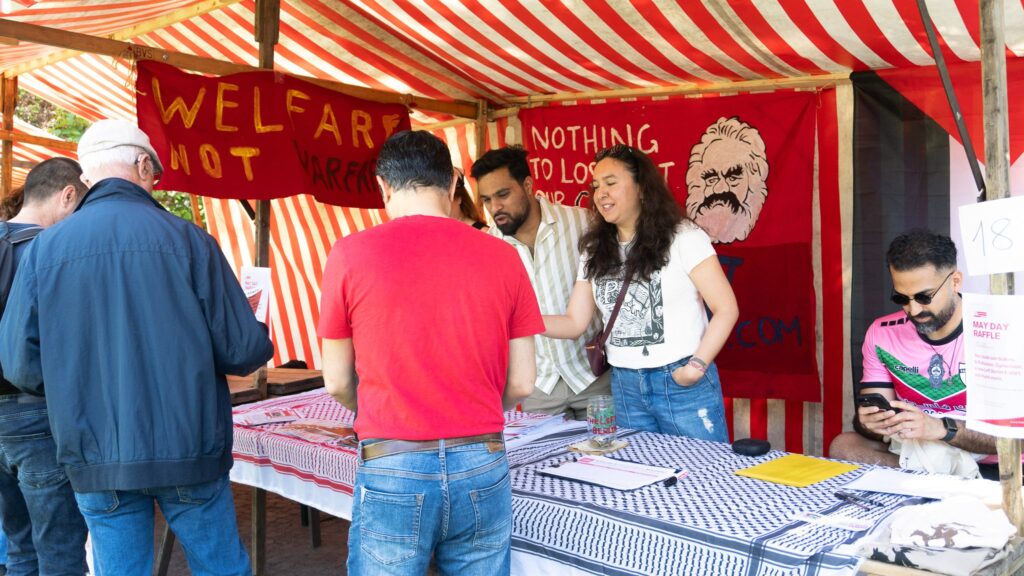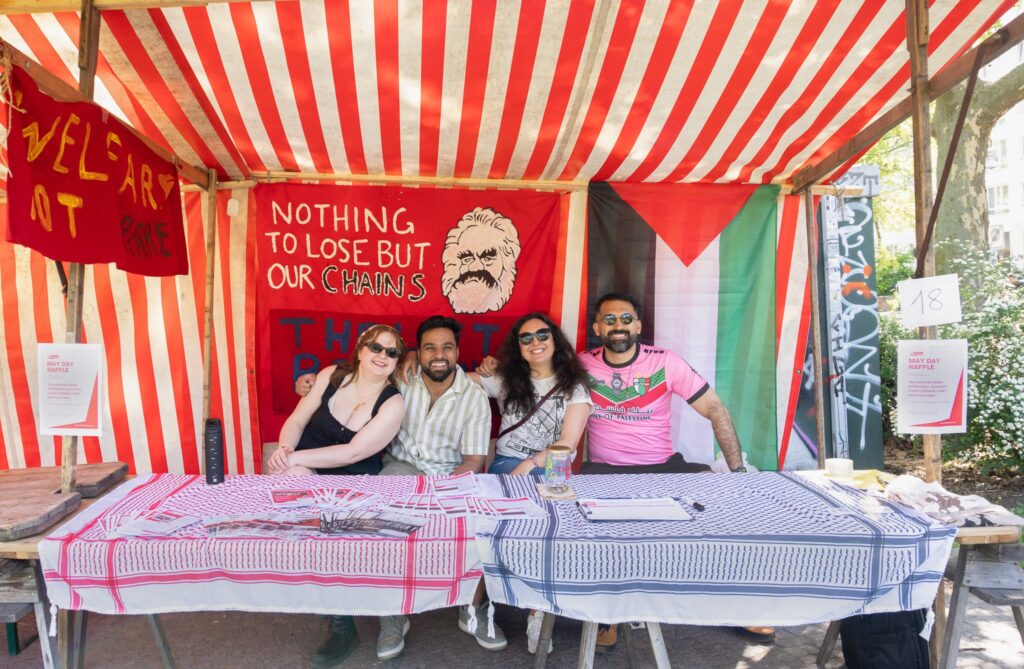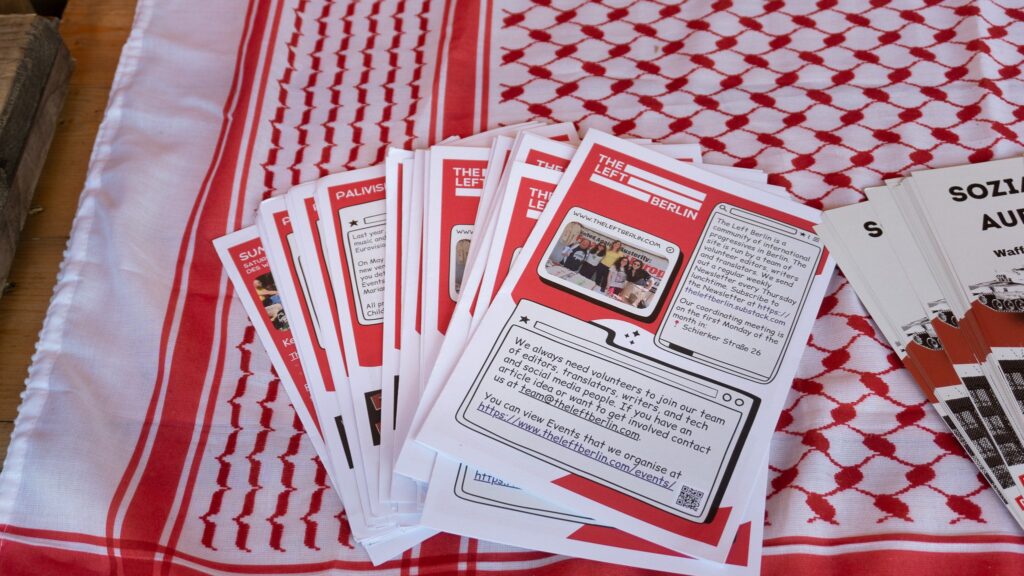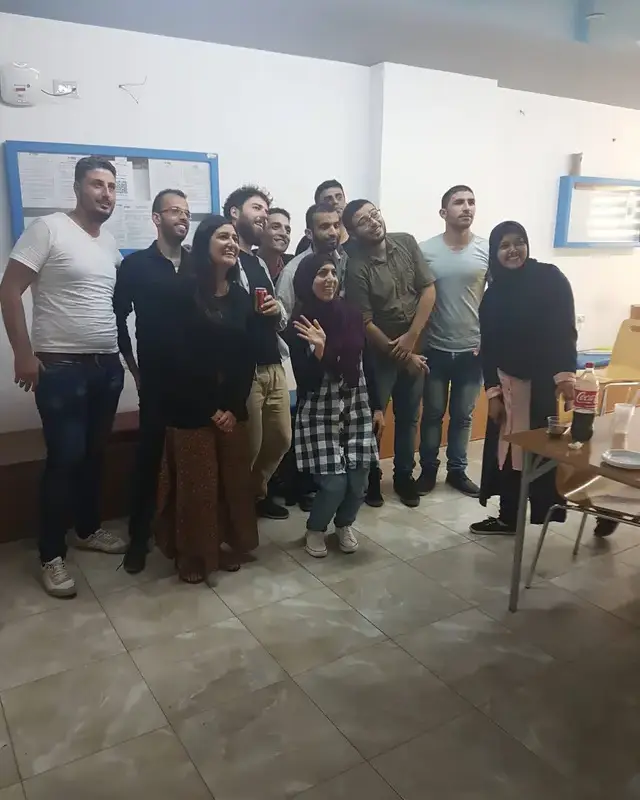It was actually a series of scandals in the 1990s that allowed for Friedrich Merz’s quick rise to political prominence. Following several corruption scandals that rocked the leadership of the CDU and stripped it of the popular support it needed to continue governing, the party fell to the SPD in the 1998 elections. While a major setback for the party, the resulting clearing of ranks created the conditions which allowed for the rise of two young and ambitious CDU politicians who had kept their images clean and whose careers would become thoroughly intertwined: Merz and Angela Merkel.
Joachim-Friedrich Martin Josef Merz was born in 1955 in Brilon, North Rhine-Westphalia in a stately Catholic family home––now protected by denkmalschutz (laws protecting historical monuments). His mother was from the local noble Sauvigny family, of French origin. His father was a judge and a member of the CDU. It was probably no great shock to the family when Merz Jr. decided to join the CDU himself in 1972, and then studied law.
After finishing his studies and a brief spell working as a corporate lawyer, he was able to make politics his full time job. At 34 he ran for and won a seat in the European parliament in 1989. In the 1994 Bundestag elections, the CDU and its leader Helmut Kohl narrowly maintained their role running Germany and the young Merz won his first seat in the Bundestag as part of the ruling coalition. Already in these early days he showed ambition, with an eye on rising through the ranks of the party.
By the next election, the CDU’s position had changed drastically, with the old guard stepping away and Merkel and Merz becoming figures of renewal. By the year 2000, Merkel led the party structures and Merz the Bundestag faction, acting as co-leaders of the party. While Merkel represented the Christian liberal wing of the party, Merz stood for the neoliberal and socially conservative right wing. The two did not get along particularly well, and as the successfully rehabilitated CDU prepared for the 2002 election it was clear there would be a fight over who ran as chancellor, a position both Merkel and Merz coveted.
In a moment that would change the trajectory of Merz’s life, Merkel bested him, slipping away to the so-called Wolfrathauser Frühstuck hosted by the leader of the CDU’s Bavarian sister party, the CSU. Here, she secured the candidacy to run for chancellor.
Merkel won the election and decided not to give her former co-leader a ministerial post. The message was clear. In 2004, Merz retired as head of the faction, effectively conceding defeat. In 2009, he decided not to run for parliament at all, choosing to return to the private sector once his leadership ambitions were squashed.
Merz’s Time in the Private Sector
Merz’s experience in the German government and as a corporate lawyer, not to mention his political connections, would prove highly lucrative. In the mid-2000s, he took his promotion of capitalism outside of the Bundestag and into the private sphere, while accepting a long list of advantageous corporate positions. In 2008 he published a book, Mehr Kapitalismus wagen (roughly translating to ‘dare to do more capitalism’) pushing for further neoliberalism. At the time, he was asked by a Der Spiegel reporter how he felt about the timing of writing a full-throated defense of capitalism while many blamed capitalism for the recent financial crisis. In his confident, bulldozer style, he responded simply that he “couldn’t have wished for a better timing.”
A recent report by the investigative journalism outfit CORRECTIV highlights his close industry ties throughout his time in the private sector. His main connection was to the legal firm Mayer Brown, where he worked for 16 years. Through this experience, as well as other advisory boards, Merz developed a particularly close relationship with the metal and chemical industries––even lobbying for the latter in Brussels. The metal industry naturally brought him closer to the auto industry. While at Mayer Brown, he worked closely with the chemical corporation BASF (for which he was also a senior consultant at one point). BASF is the largest corporate user of water in Germany, an increasingly important topic in the country as regions like Brandenberg have their groundwater sucked dry by corporations in the name of profits.
This was far from his only controversial position. Merz also worked for the notorious BlackRock, the largest asset manager in the world, known for investing in all kinds of exploitative businesses. Drawing on his experience in EU and German parliaments, he was responsible for maintaining relationships with governments and government offices on behalf of BlackRock Germany. Journalists point out that Merz was also working with three different financial institutions which have faced allegations in the Cum-ex tax fraud scandal, when various traders and banks stole billions of euros which should have gone into government coffers. His role in relation to the scandal is still unclear.
All in all, as CORRECTIV lays out, Merz has sat on advisory or administrative boards for BASF, Bayer AG (another chemical company), AXA Insurance, DBV Insurance, Commerzbank, HSBC, BlackRock and more. He also chaired the Atlantik-Brücke for ten years, an important German political organisation which fosters a strong relationship between Germany and the USA, supporting the American-led global order. Through holding these various positions, Merz has become a millionaire, mostly while lobbying for better conditions for corporations. Now with Merz as Chancellor, he’ll push the same positions he was once paid for, except now at no cost to his former employers.
Saying the Quiet Part Out Loud
Incredibly, for Merz’s critics, his corporate connections and relationship to various economic scandals often take a backseat compared to his blasé comments. Merz regularly makes it into the news for saying something cringe, outright racist, and/or sexist. He is notorious for these throwaway comments, and, while the list could go on forever, reviewing some of his scandals helps give an insight as to who the man is.
Back in 2001, when then candidate for Berlin mayor Klaus Wowereit came out as gay during the local election, Merz reacted by saying that “so long as he doesn’t come near me, it doesn’t matter.” In 2021, as Merz was regularly being associated with misogyny, he took to Twitter to tell the world that “if I really had a ‘woman problem’, as some say, then my daughter would have given me the yellow card a long time ago, and my wife wouldn’t have married me 40 years ago.” Even the Berliner Zeitung called it a “shitstorm.”
In 2004, the fact that his hometown was run by an SPD mayor bothered him so much he called for a storming of the city hall. As an example of proper governance, he referred to the years when his maternal grandfather Josef Paul Sauvigny was mayor for the rightwing catholic Zentrumspartei. This caused backlash since Herr Sauvigny served from 1917 until his retirement in 1937, overlapping with the rise of the Nazi party. Around a week after his comments, Merz was forced to release a statement admitting that his grandfather had actually joined the NSDAP in 1933, as it became clear that the Taz had been digging around in archives and were about to release the information themselves.
On a televised program in 2023 he called the children of migrants “little Pashas,” referring to how (assumedly brown) children whose parents were unwilling to assimilate were supposedly terrorising school teachers. The poor, “mostly female” teachers who dealt with these children were used as a justification for his pro-deportation stance. Later that same year at the Bavarian festival Gillamoos, he stated “Kreuzberg isn’t Germany, Gillamoos is Germany.” Partially a jab at the diverse and left-leaning population of the Berlin district, Merz’s comment also demonstrates his disdain for the urban parts of the country.
Merz also provoked controversy for his justification of why he would not implement gender parity in his cabinet. A candidate who had been accused of having a ‘woman problem’ might be expected to handle the subject carefully, but Merz handled it in his characteristic blunt manner. Pointing to the brief tenure of the SPD’s Christine Lambrecht as defense minister, he argued that with such a “blatant miscasting” as this, “we are not doing women any favours either.”
Particularly impressive is that he has managed to create so many embarrassing sound bites, even before becoming the most important politician in the country. With all cameras now pointed at him, who knows what he’ll come up with next.
Return to Politics and Becoming Chancellor
In 2018, Merz finally got his chance for a triumphal return. Having stayed out of politics for as long as the top job was held by Merkel, he jumped back into politics––although he wasn’t so quick to step down from all his corporate positions; he was at BlackRock until 2020.
Merz immediately ran to lead the party, which would have given him a relatively secure chance of being the party candidate for chancellor in the upcoming election. He narrowly lost in two consecutive elections, a possible sign of how divisive a figure Merz is within his own party.
Following the election defeat to what would eventually become Olaf Scholz’s government, Merz, nothing if not stubborn in his belief in himself, ran once again in December that same year. This time, he finally achieved the position he had first vied for in 2000: undisputed leader of the CDU. His path was clear to run for chancellorship and, after Scholz’s disastrous turn in government, Merz breezed through an easy election to become chancellor of Germany.
In many senses, Merz is better suited to have ruled in the early 2000’s than now. It is easy to imagine the Atlanticist, neoliberal Merz sitting alongside Tony Blair, George Bush, and Stephen Harper, all wearing expensive suits, discussing the latest free trade agreement, and comparing who has the biggest austerity measures.
That period was marked by an unshakeable confidence in the capitalism and neoliberalism ushered in by the West’s triumph over the Soviet Union. Political confidence swelled among the ruling classes, both in themselves and in their ideologies. Merz’s politics harken back to this triumphal capitalism before the 2008 market crash; the time when political leaders declared illegal wars on vaguely-defined threats, and got away with it. He is a product of that era, with its leaders whose economic policies led to the 2008 financial crisis and whose continued austerity failed to reverse the impacts of that crisis, until their power began to slip into the hands of figures like Donald Trump and Nigel Farage.
Now in Germany, the task of preventing a far-right ascendance, with the AfD on the verge of power, rests on Merz’s shoulders. While his economic policies are better suited to fostering a political crisis than resolving one, he has also already shown himself to be willing to play into the AfD’s hand if it advances his own interests and goals. In January this year, shortly before the elections, he broke the so-called ‘fire-wall’ against the AfD from mainstream political parties, relying on the party’s support to try and pass migration reforms in the Bundestag. The AfD’s leader called it “a historic day for Germany.”
Even in the time between winning the election and becoming chancellor his popularity had already begun to sink, perhaps the result of having won primarily due to the unpopularity of his main opponents. His own unpopularity was highlighted when he required two Bundestag votes yesterday to become chancellor, despite having already agreed on a coalition with the SPD. But Merz is likely to hold onto his position for as long as he can. Looking back over a career already full of more memorable throwaway comments than it’s possible to remember, it’s his ambition that seems to stand out the most, and which seems most likely to define his rule. Germany should beware the authoritarianism of the opportunist who, having fought so long and hard to get to power, will fight to retain it.
